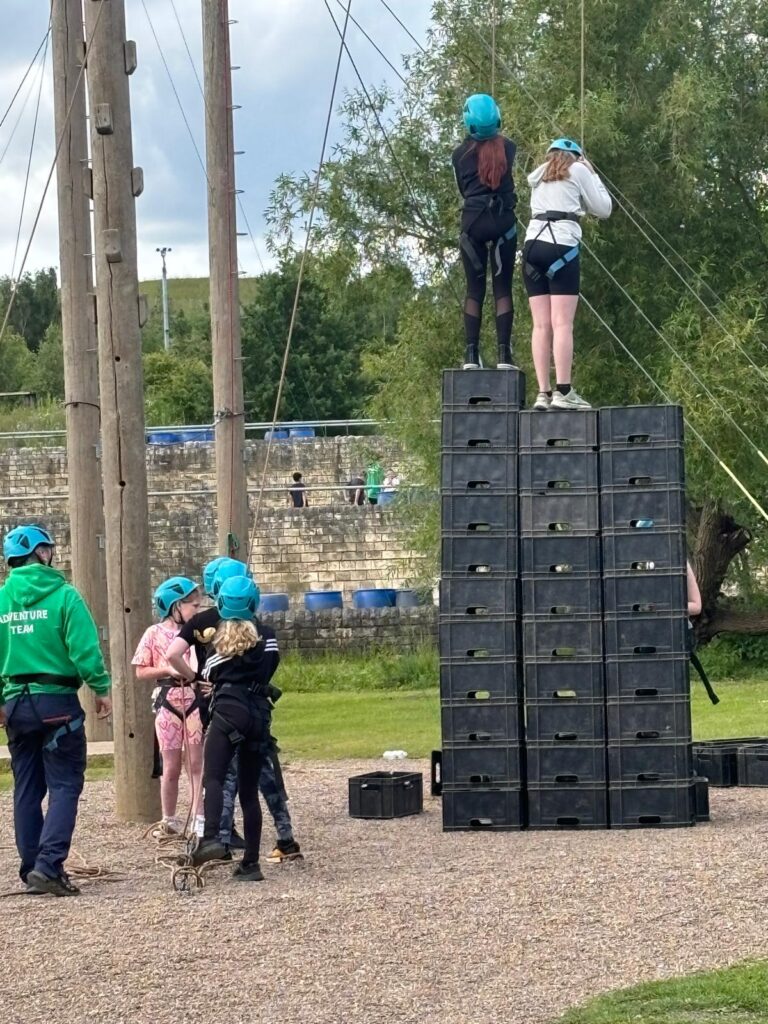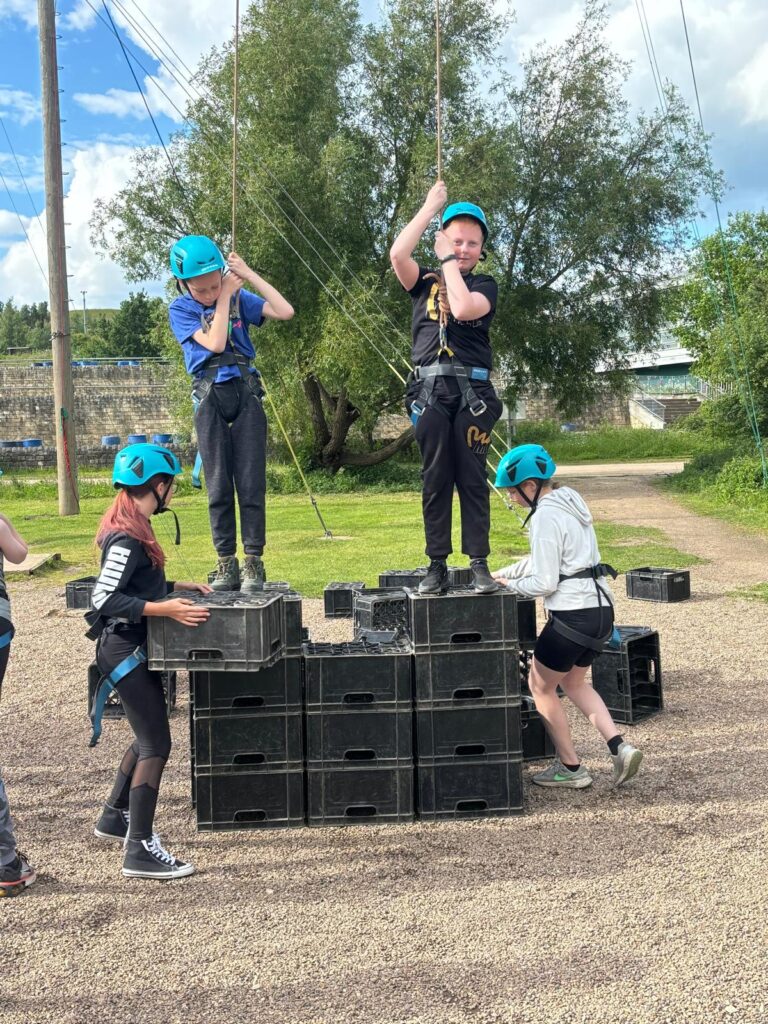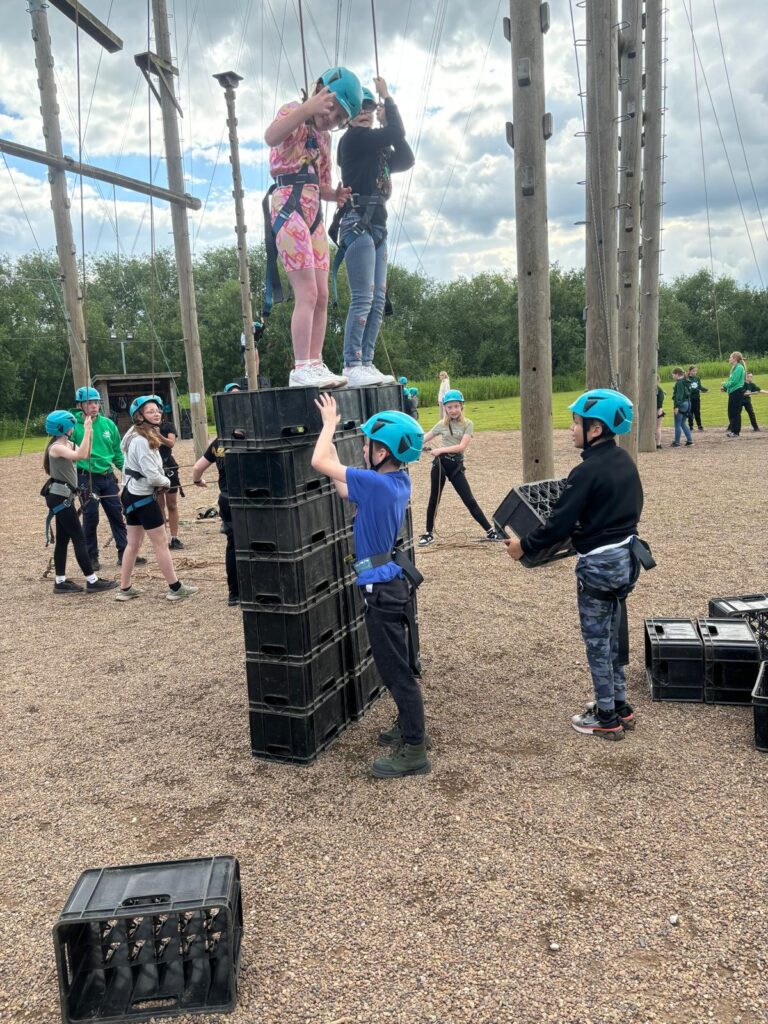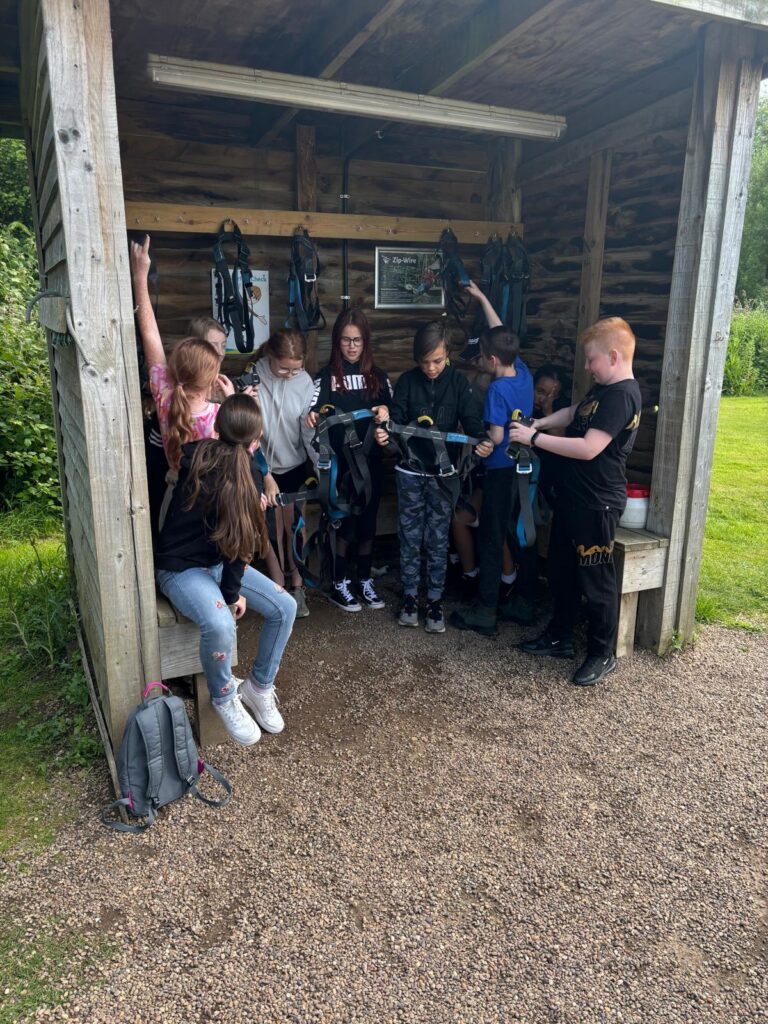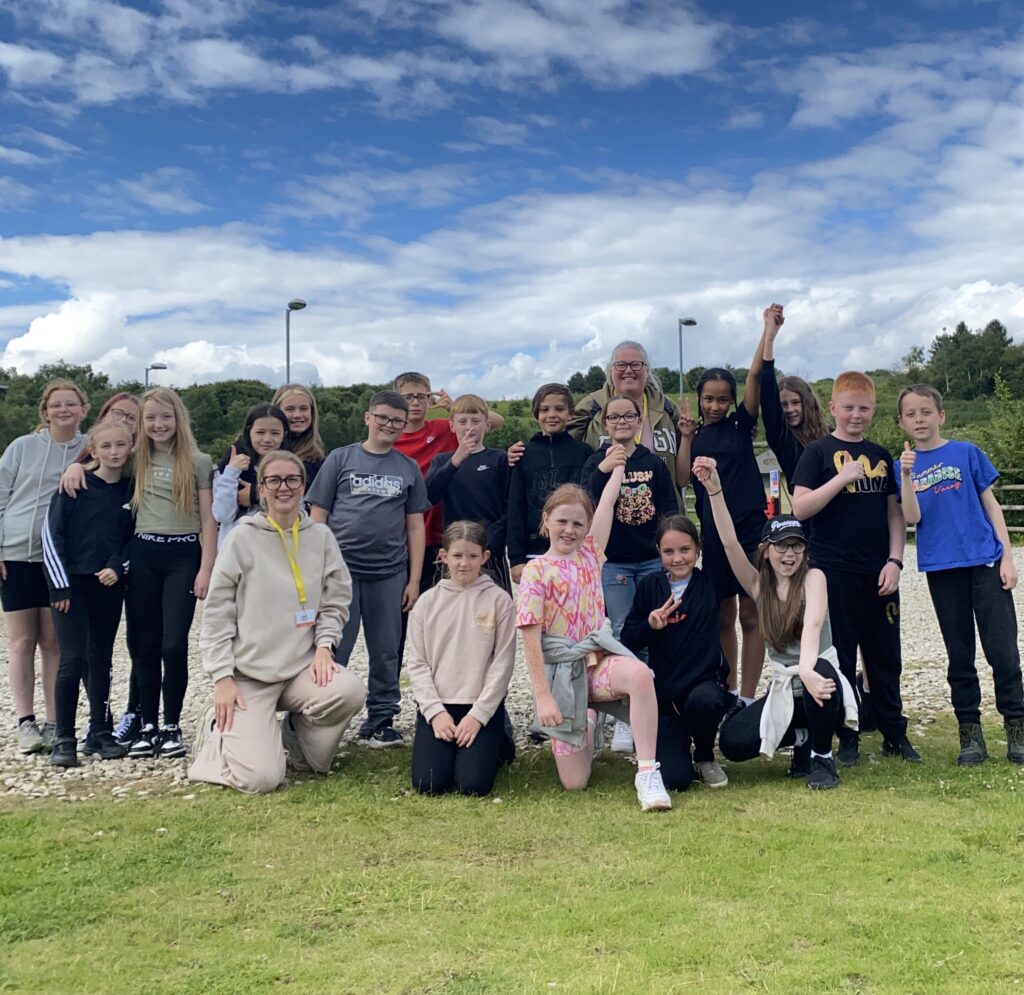Thank you to everyone who joined us for our celebration of learning. We are so proud of our final product.
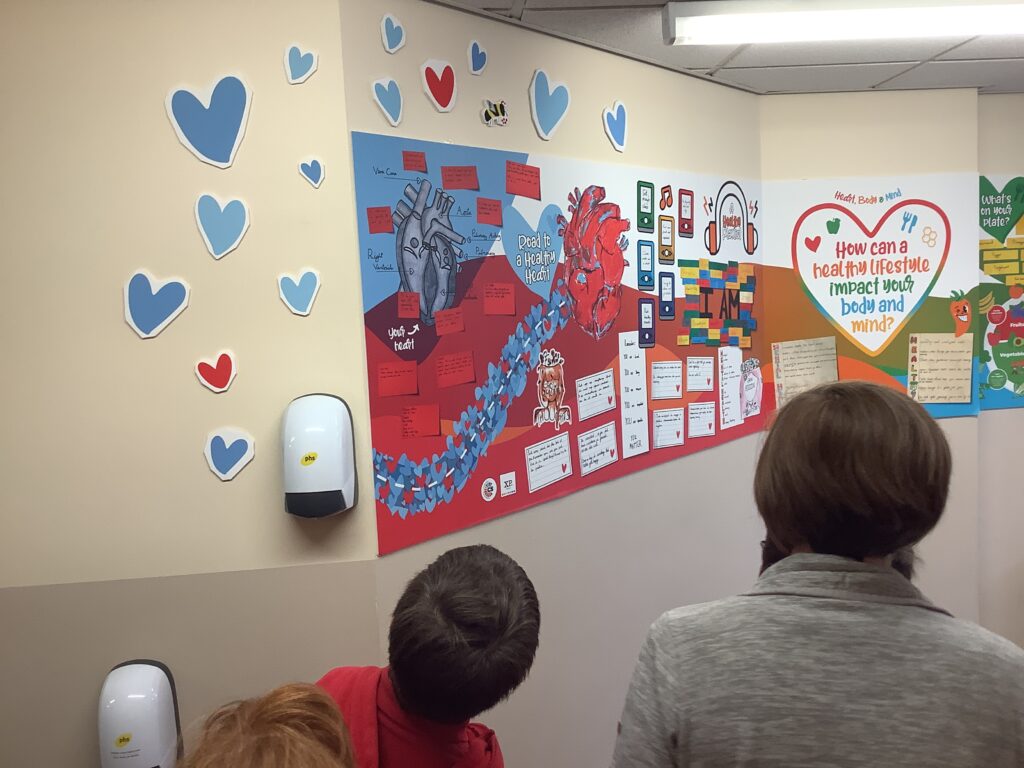
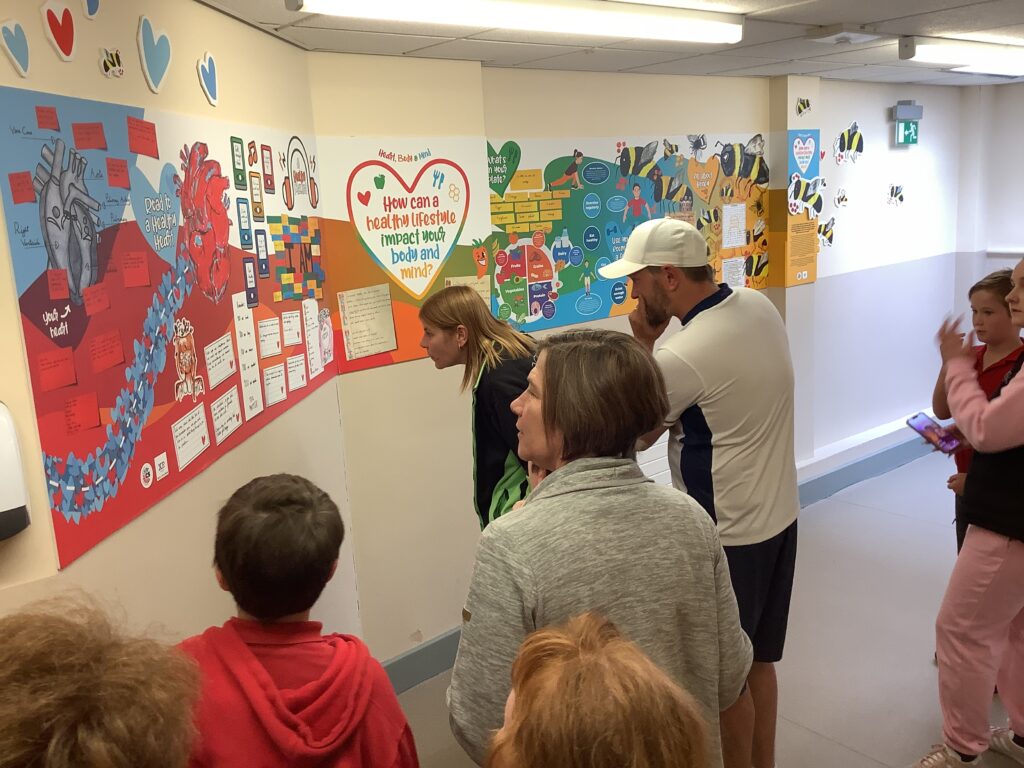
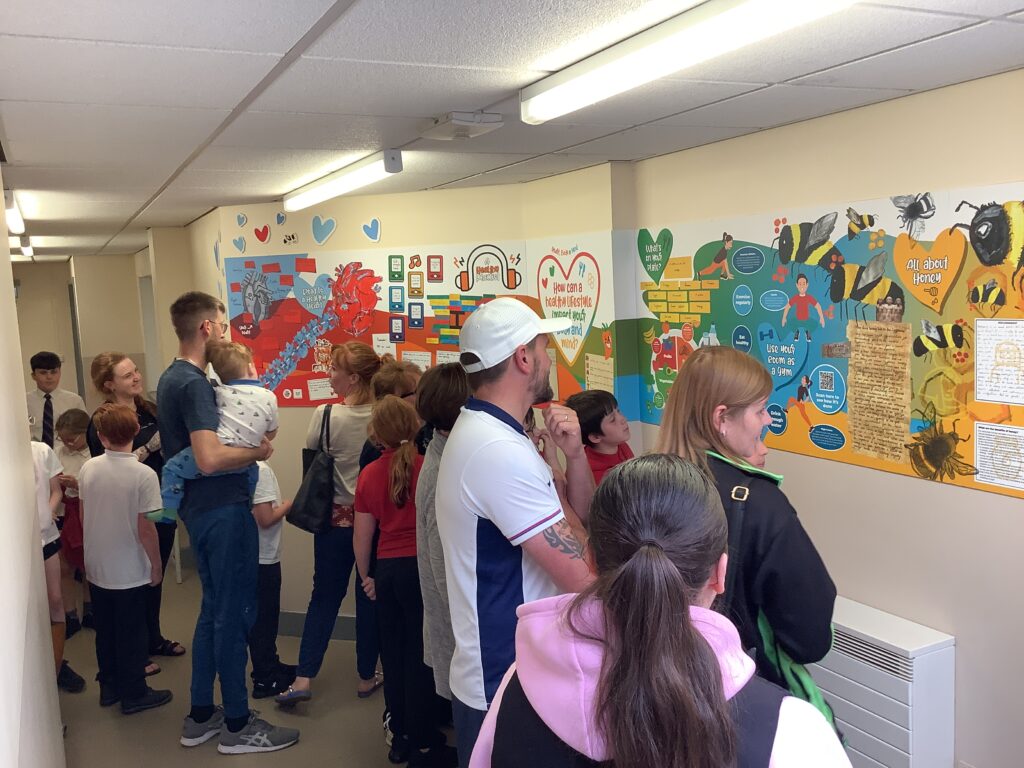
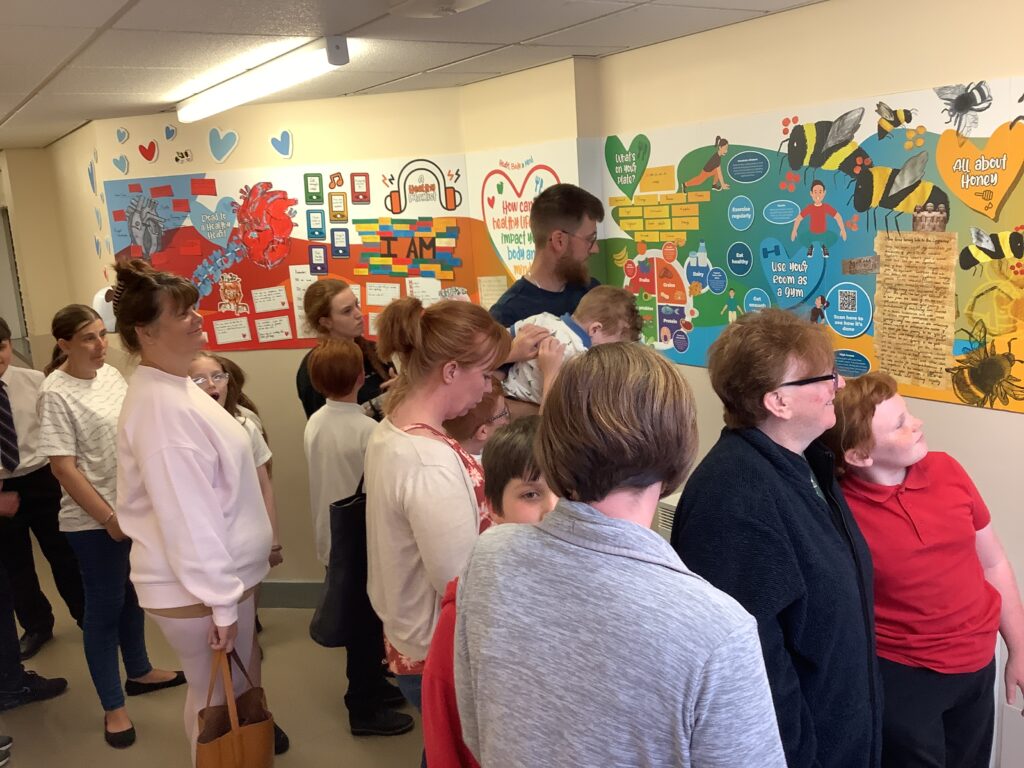
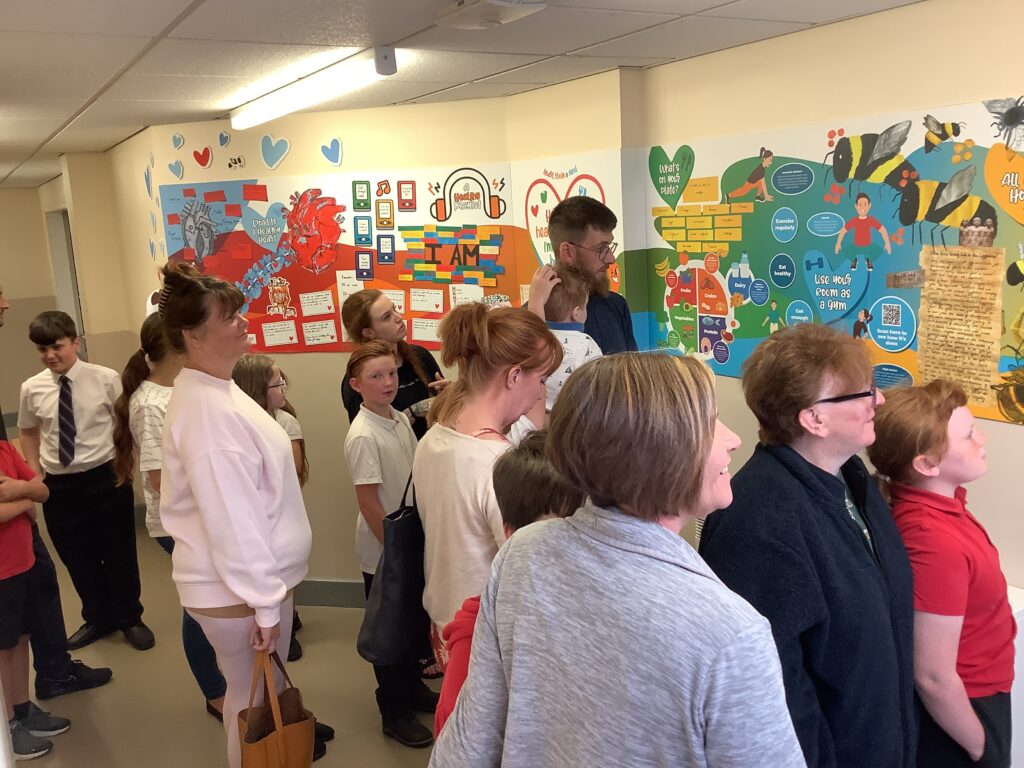
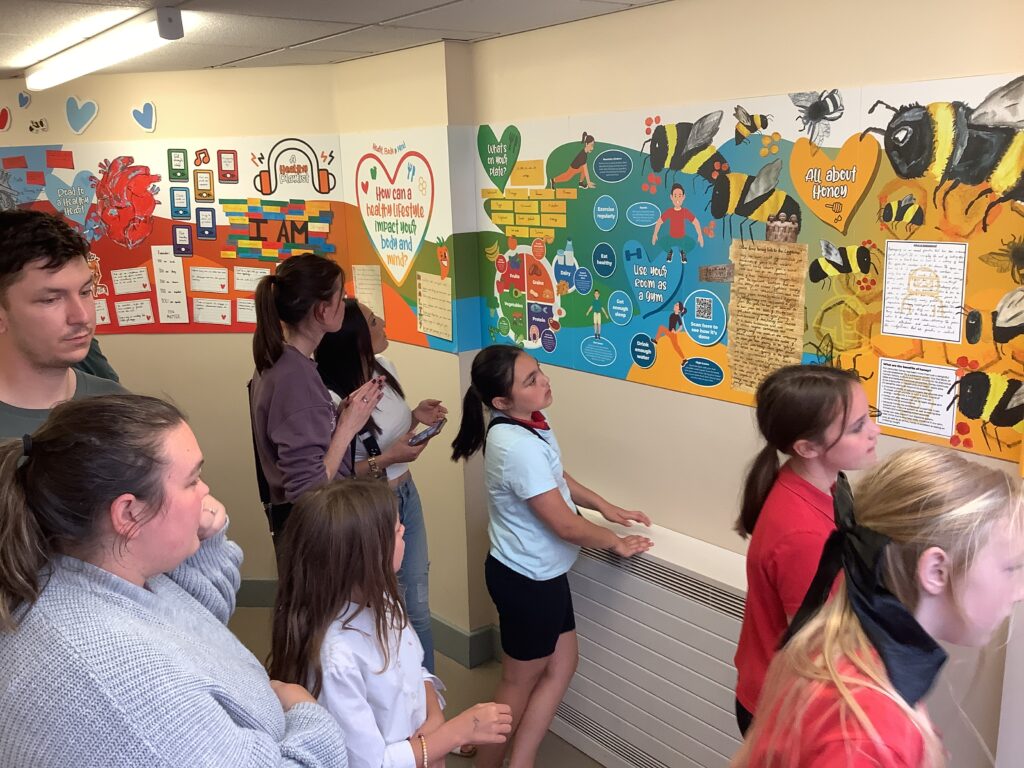
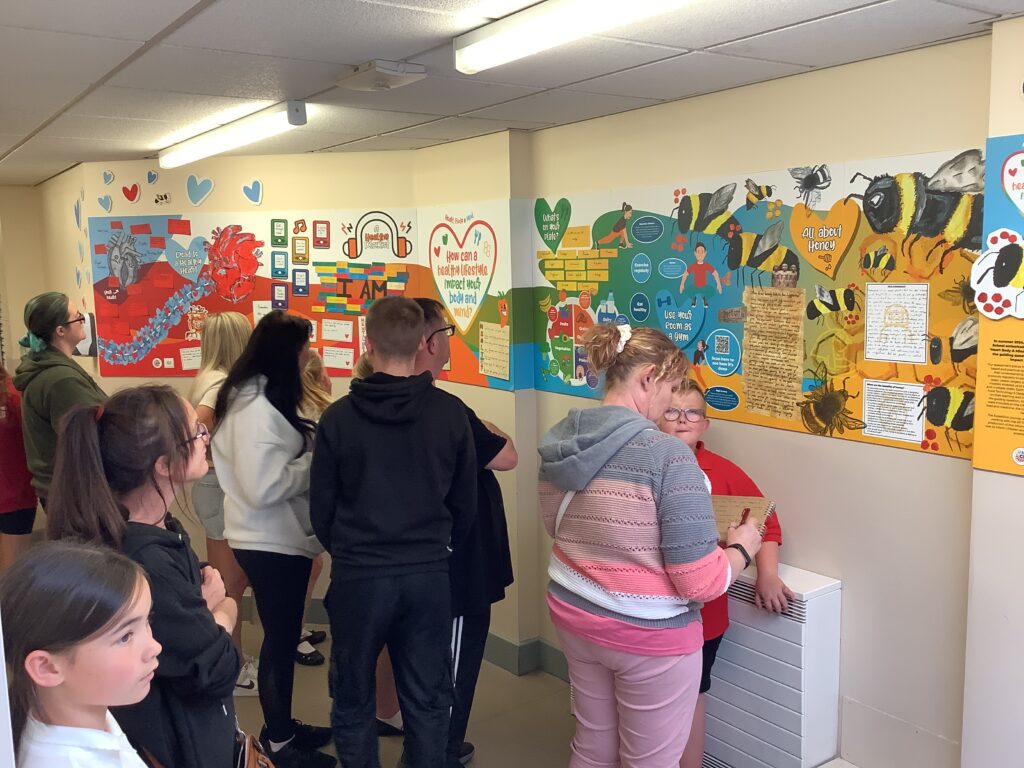
Thank you to everyone who joined us for our celebration of learning. We are so proud of our final product.







What a fantastic way to kick start our sport week with a GB Freestyler Kayaker! Becky Green inspired children this morning with her passion for kayaking, at such a young age she has achieved so much! Our children practised some key skills and exercises to get their bodies moving.
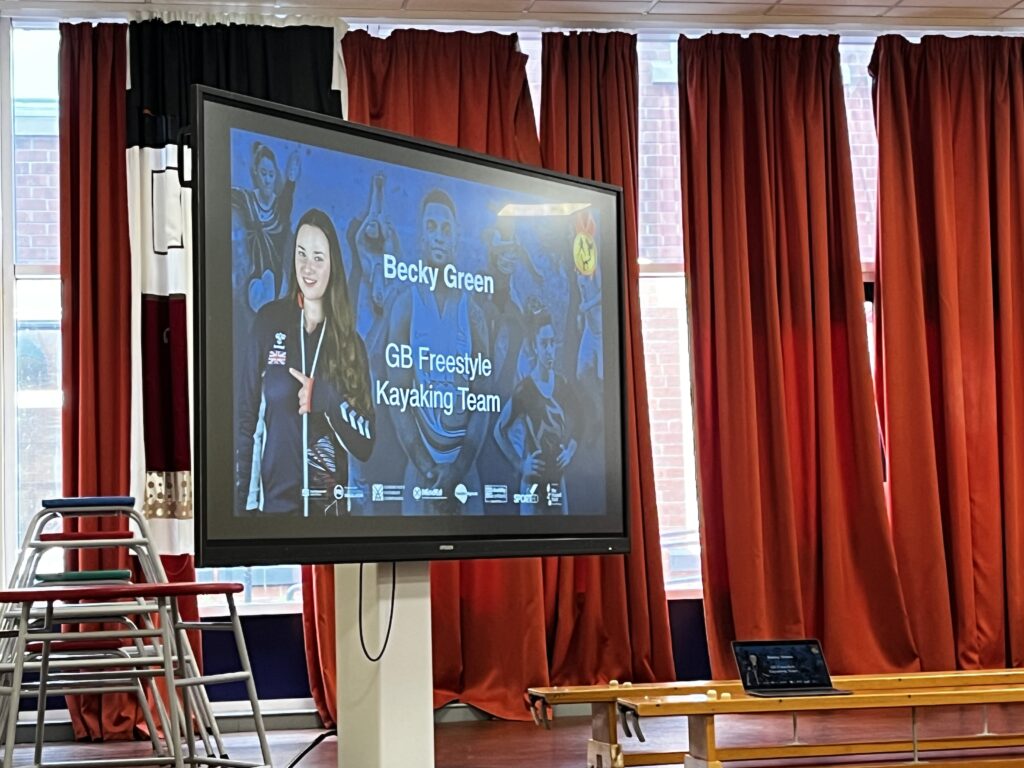
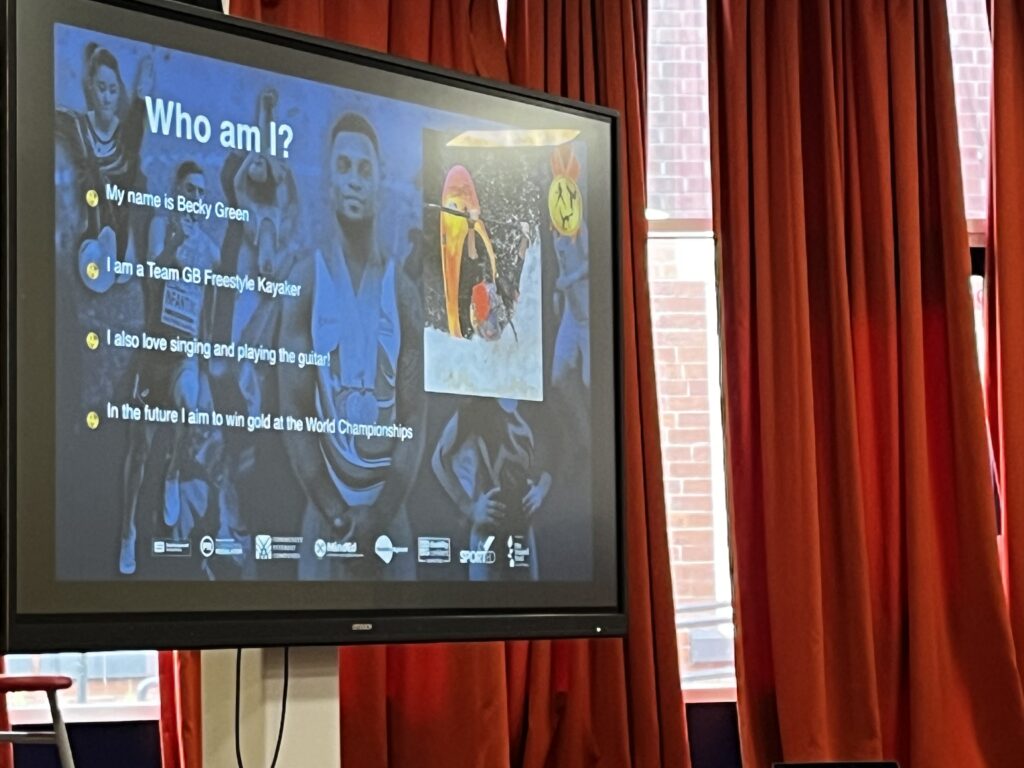
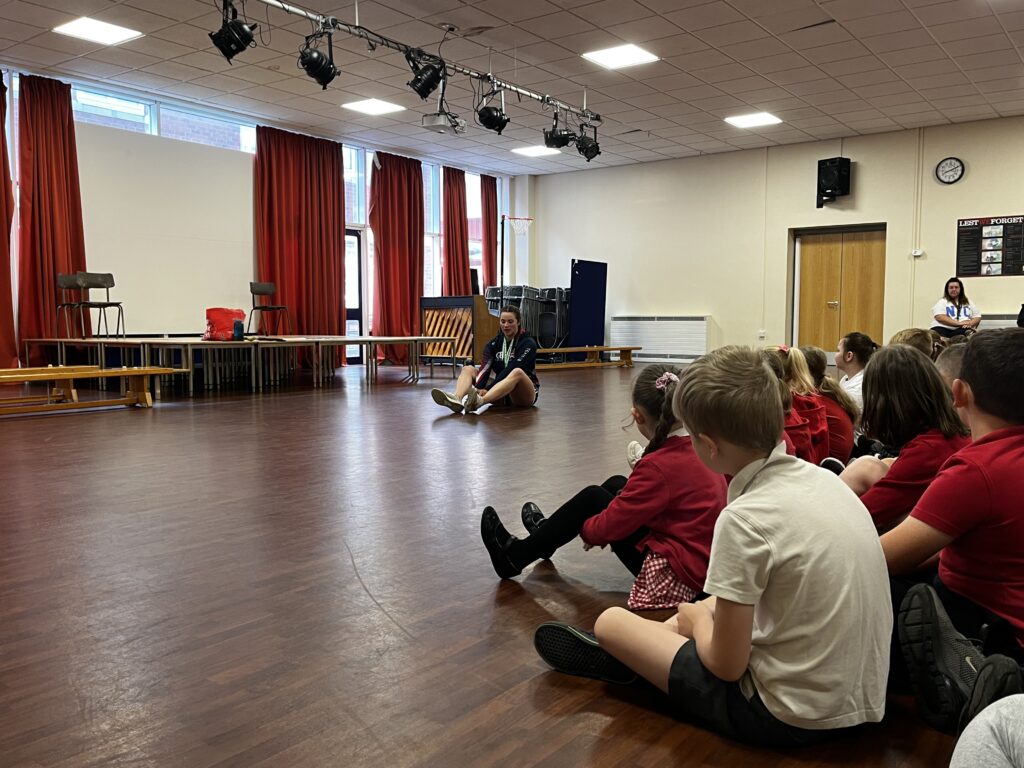
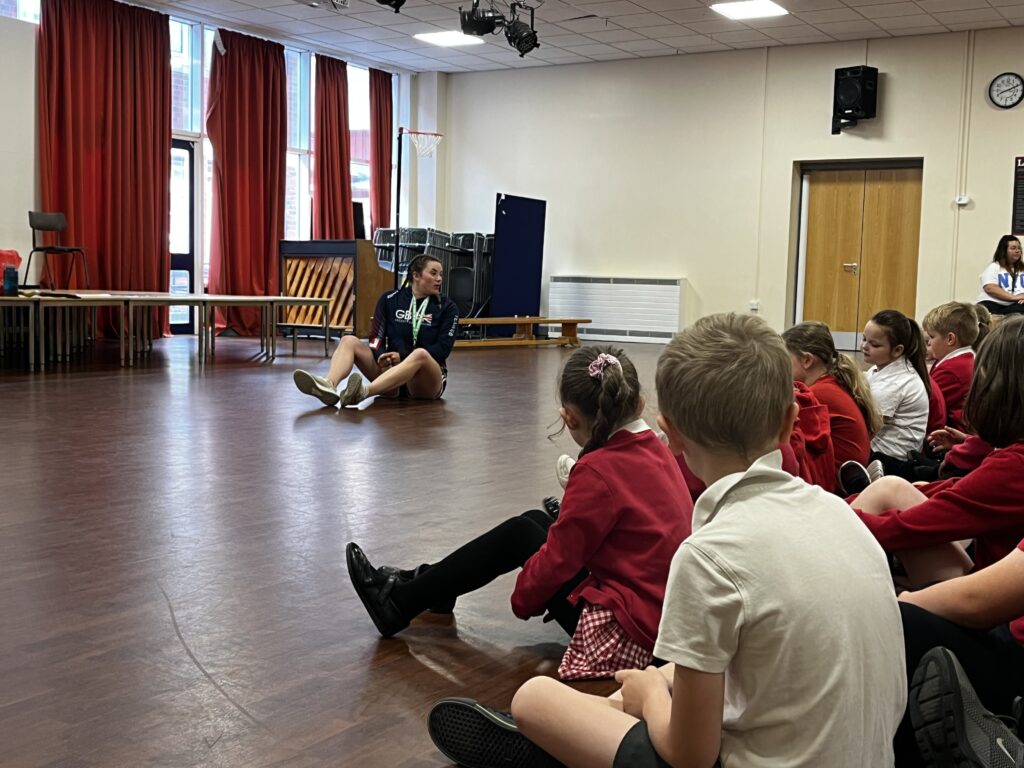
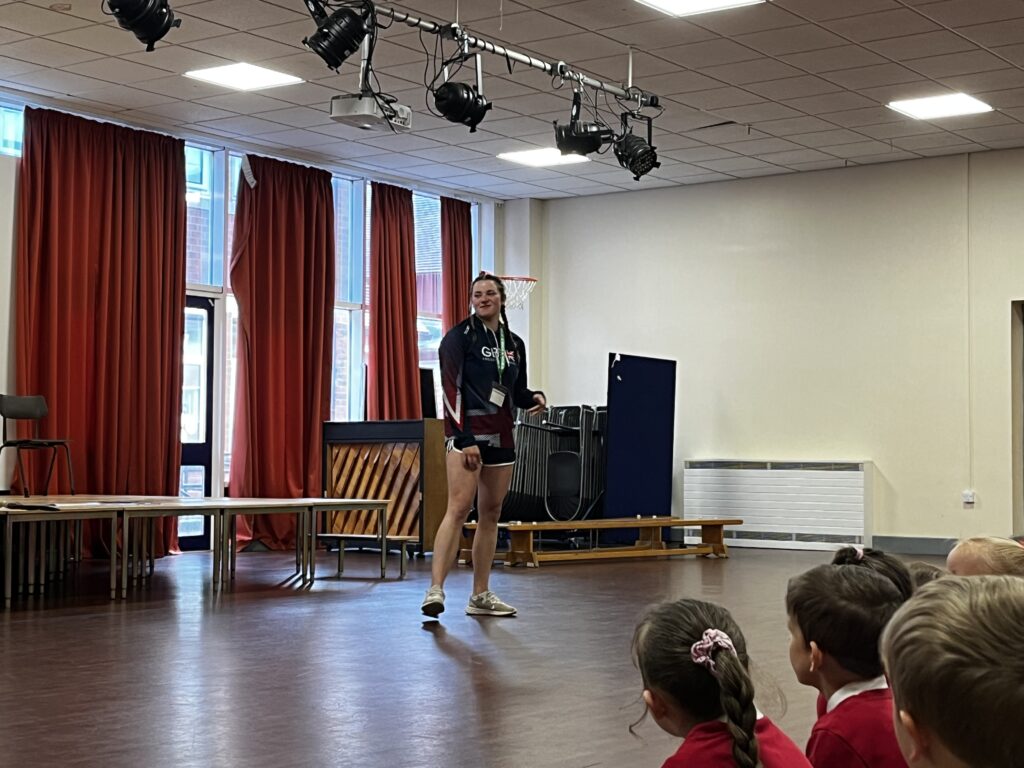
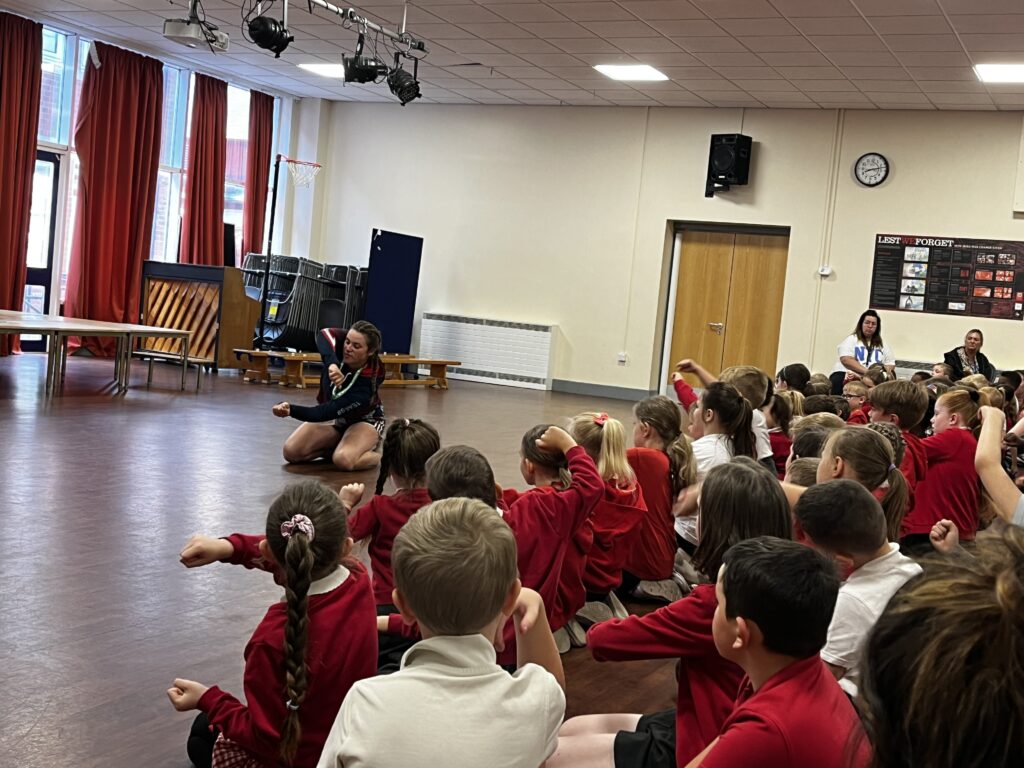
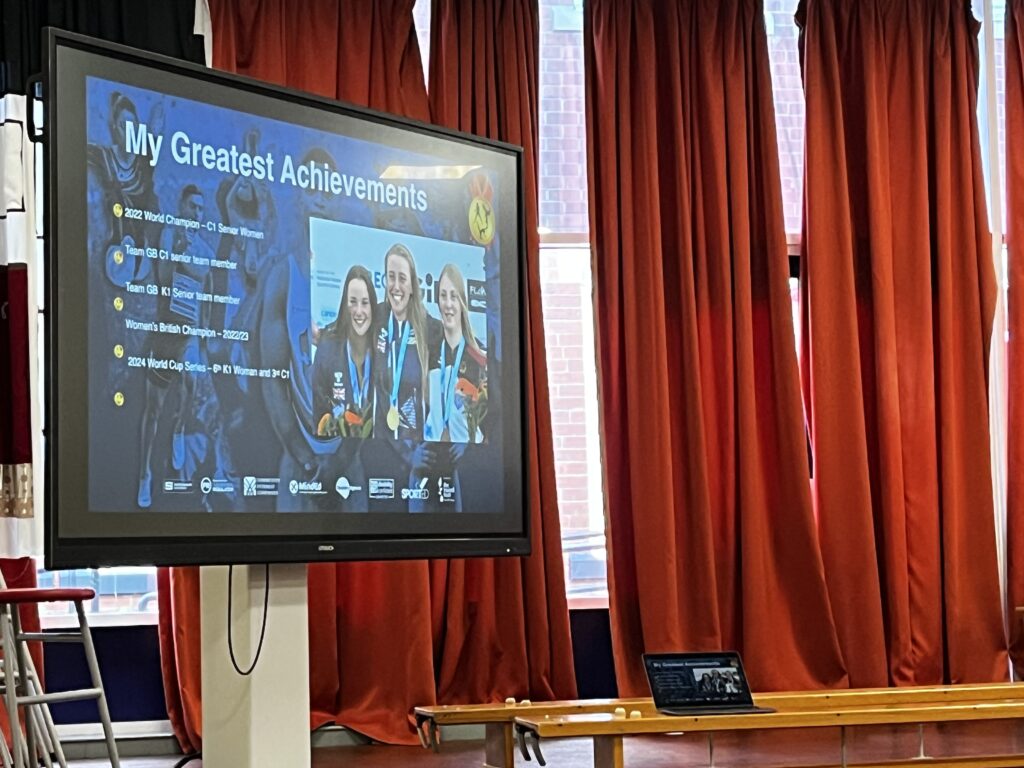
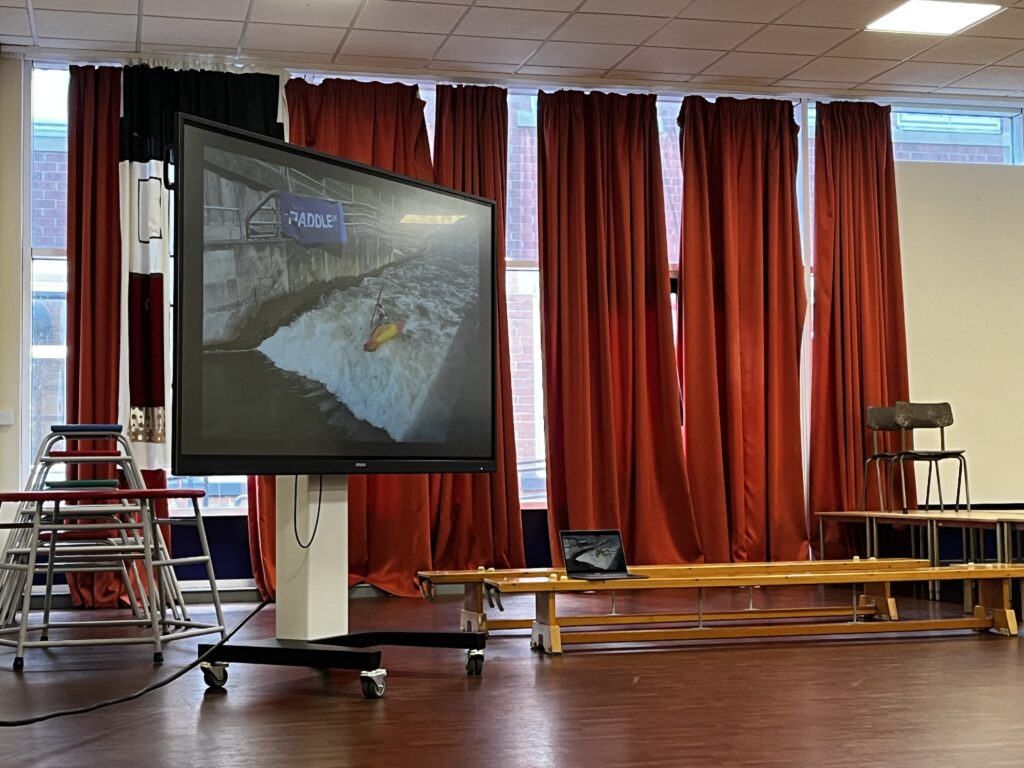
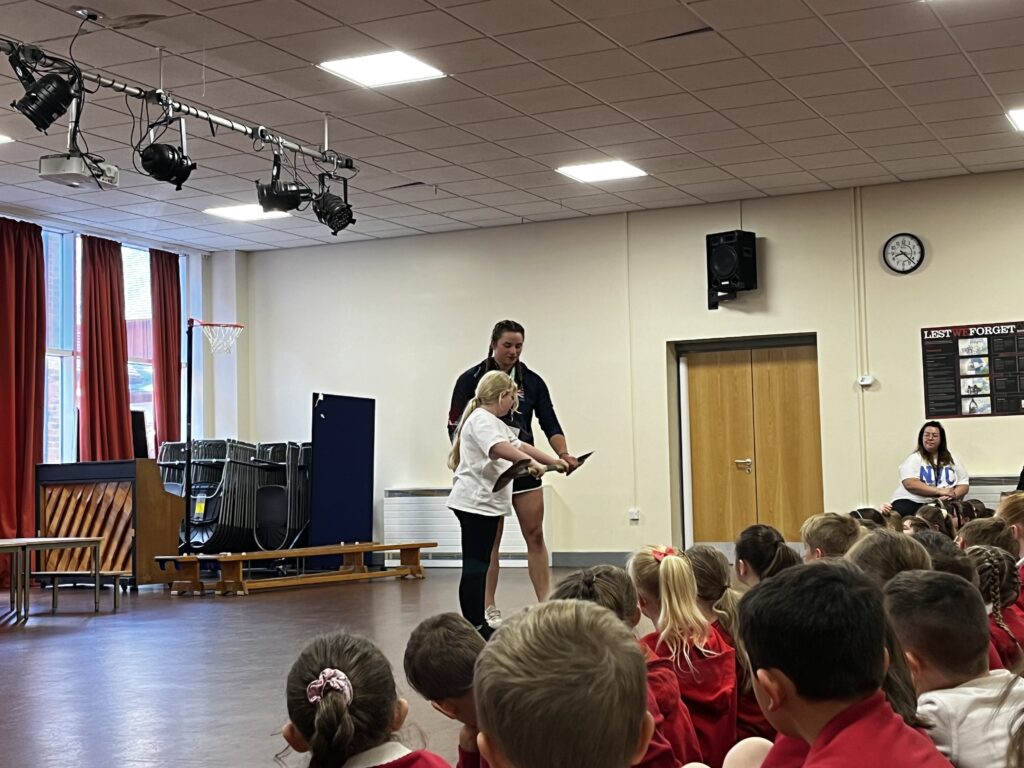
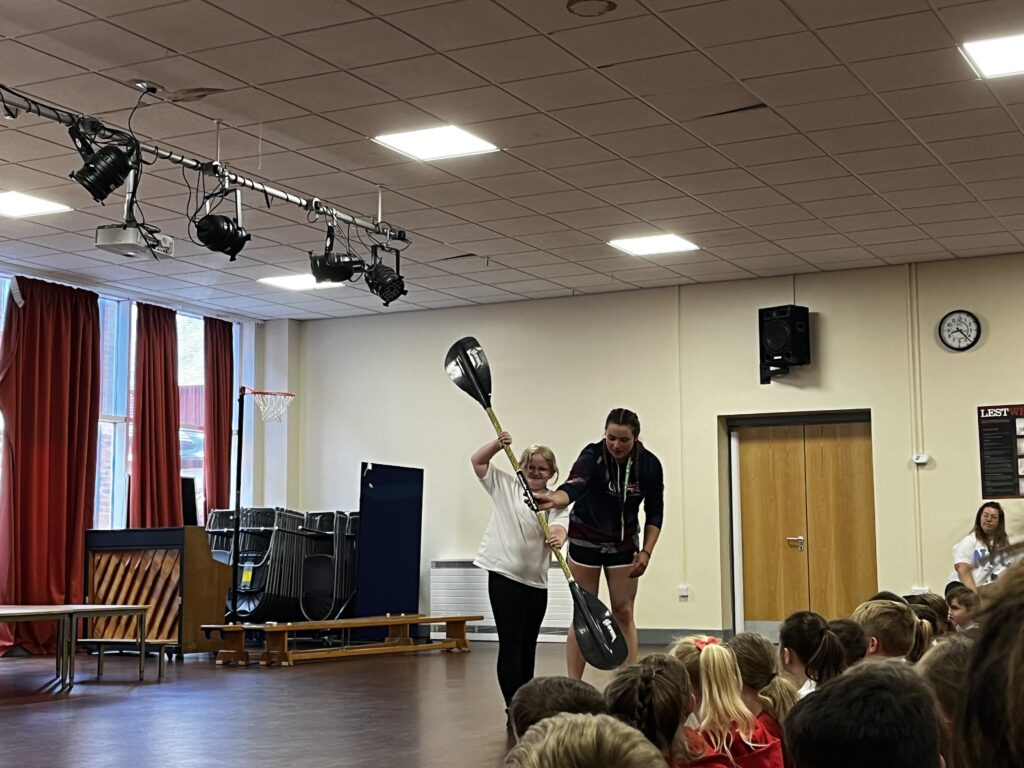
On Wednesday it was a lovely afternoon to play a game of cricket! We thoroughly enjoyed playing and displayed great sportsmanship, as always, against the 5 other schools. Preston stood out and was my player of the match! We all definitely showcased skills learnt in PE lessons!
Some lovely moments captured…
“Team work makes the dream work” – Preston
“As long as we try our best” – Alicia
“Believe in yourself” – Jude
Thats it for another year of sports tournaments – go team Carcroft!


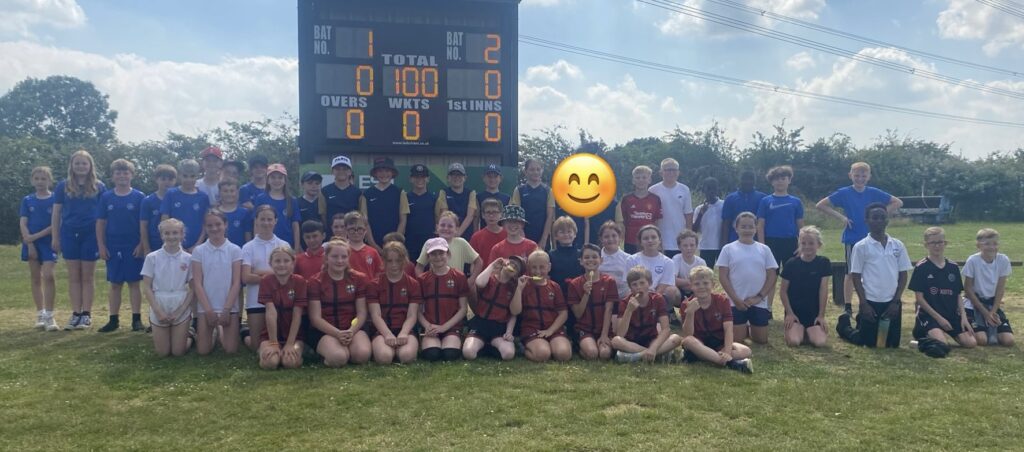
Today, we were very lucky to take part in a wonderful experience brought to us by M&M productions, The Jungle Book. Many of us knew the story of Mowgli and it was fantastic to see the story brought to life!
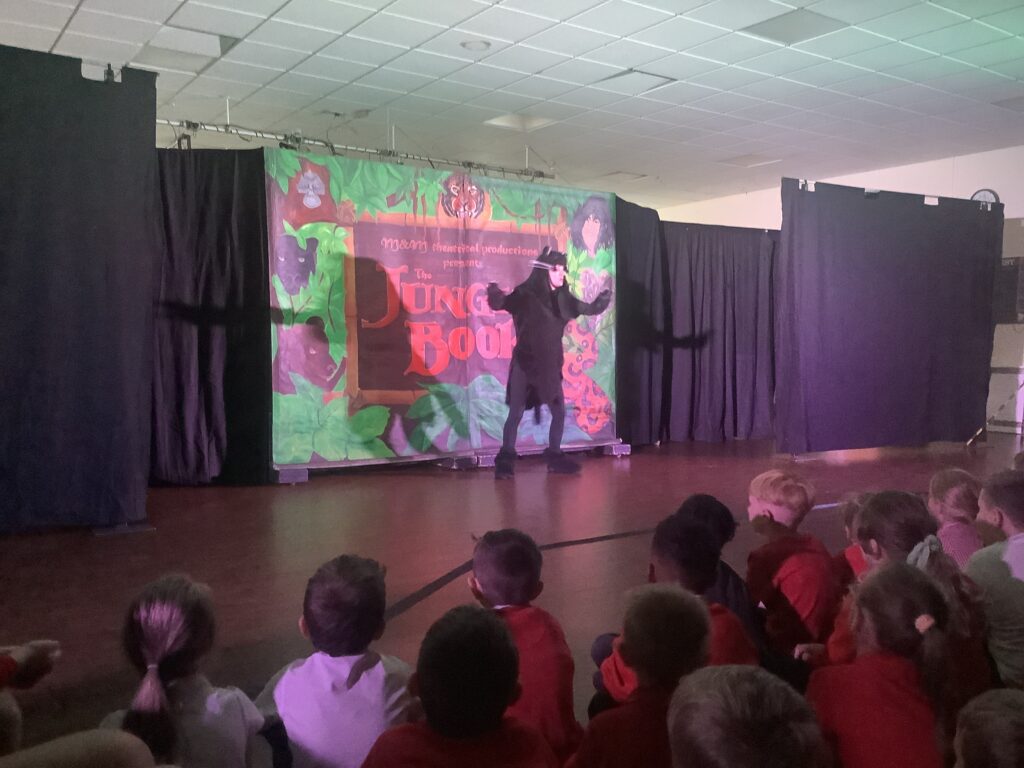
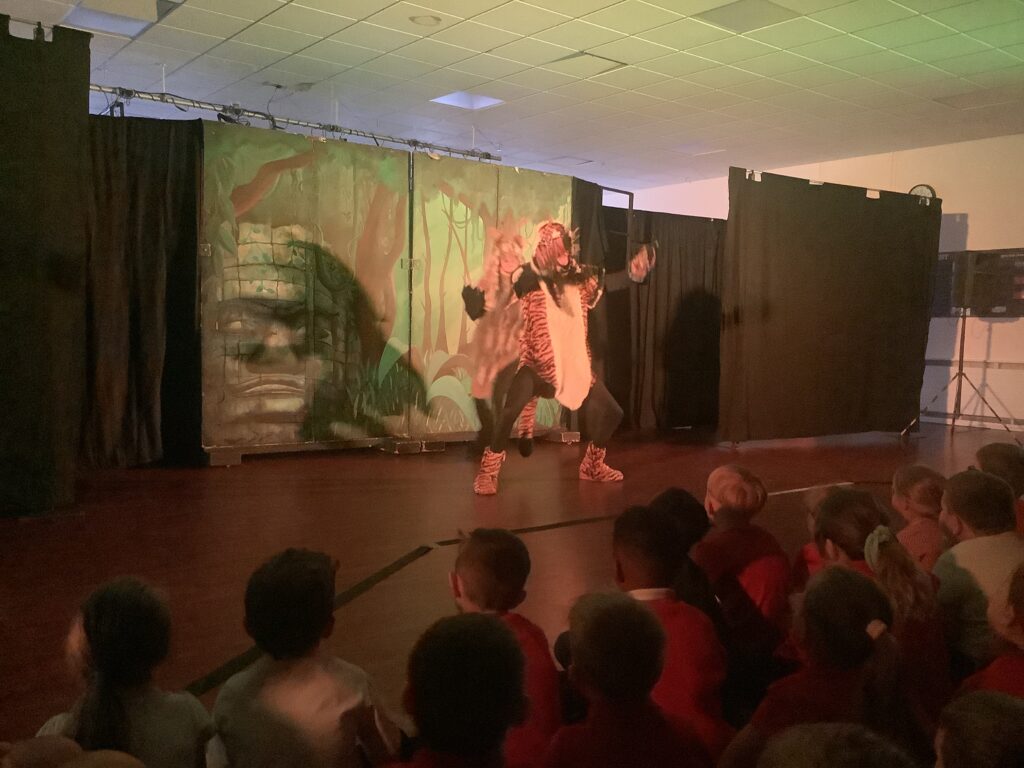
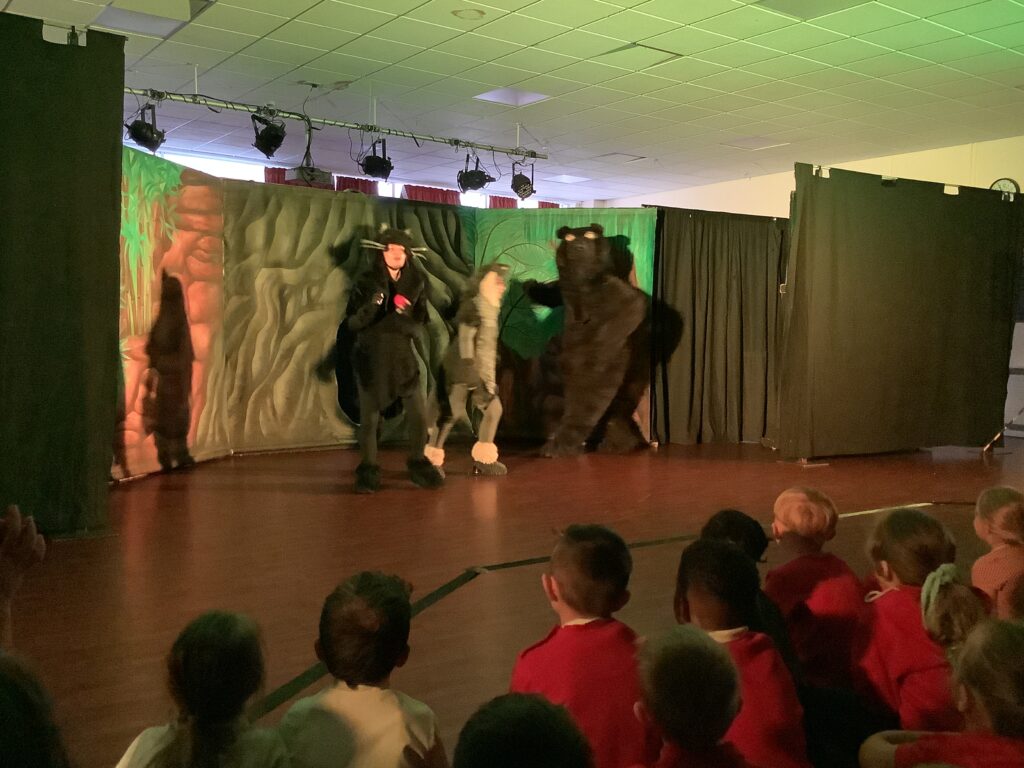
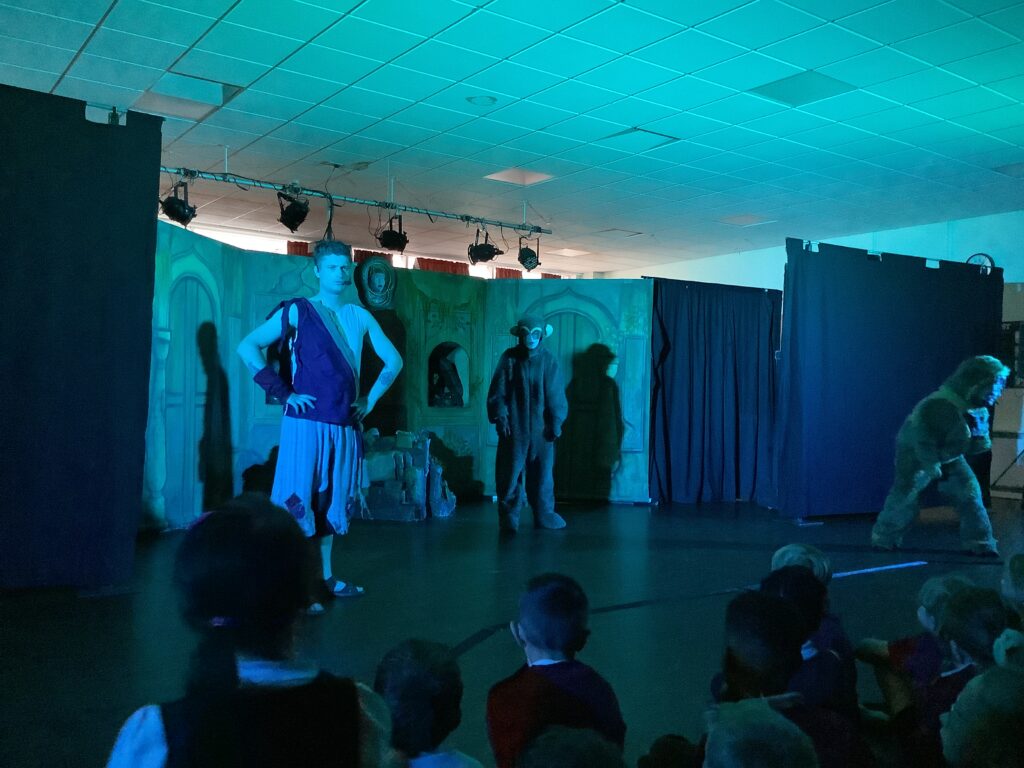
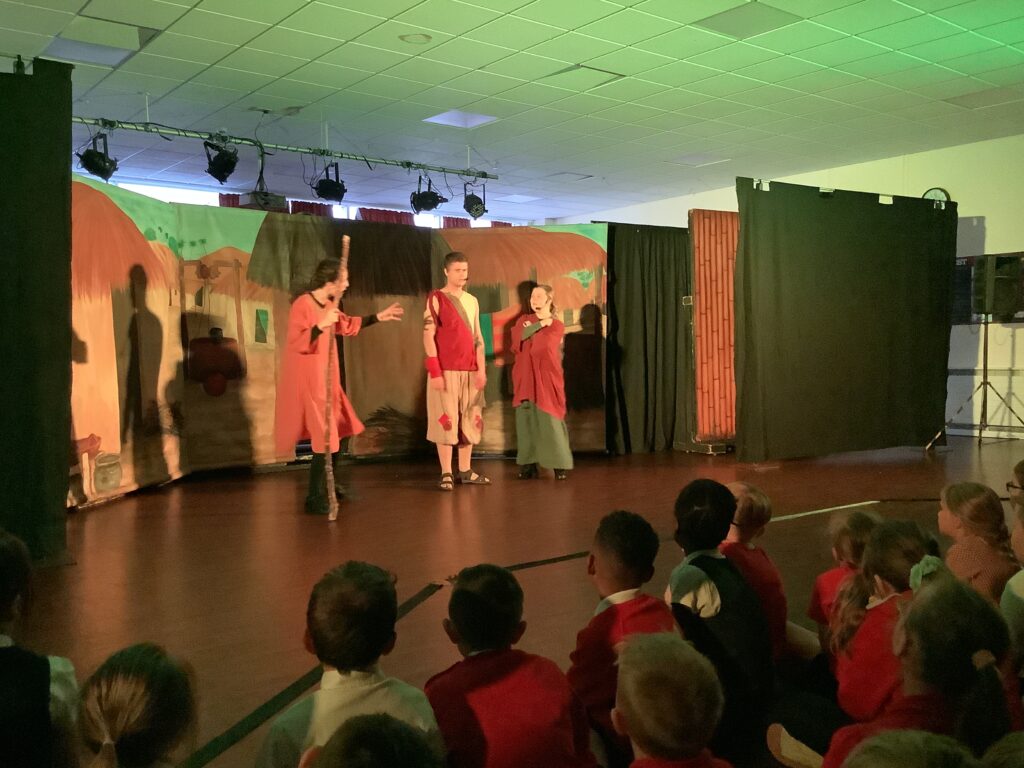
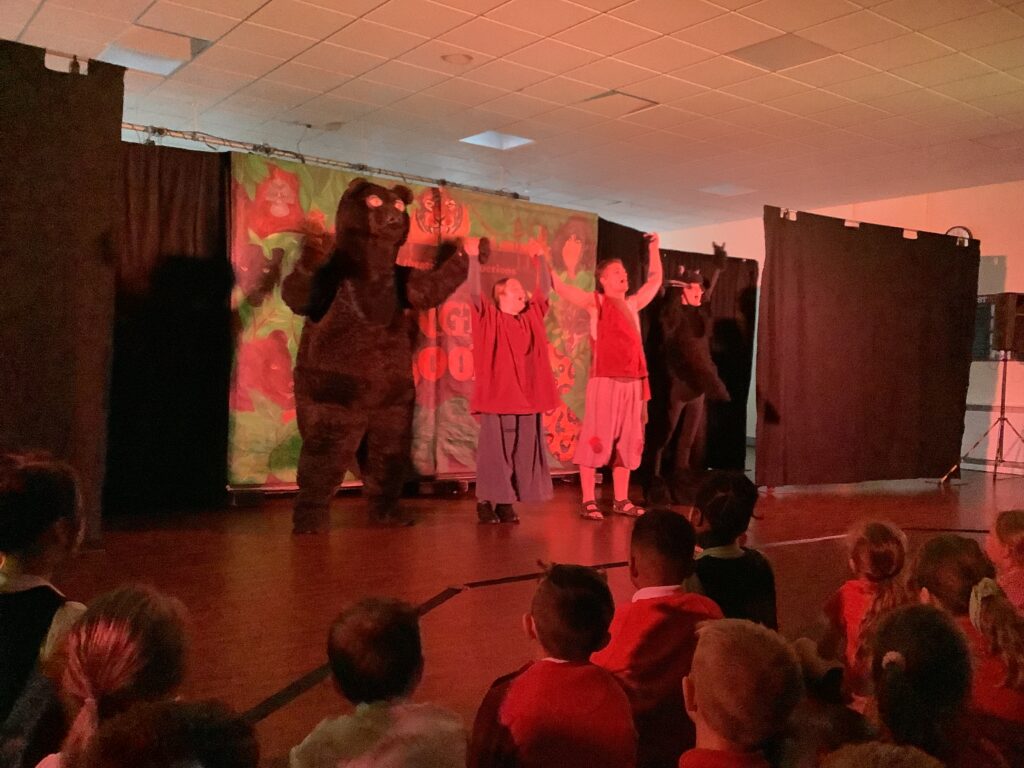
We couldn’t wait to put on our leavers hoodies today… despite the warmer weather! The children love them! Big shout out to Shell for organising, thank you so much!
This week we have started our independent science non chronological report. The children have designed the layout and applied their science knowledge learnt in expedition lessons into this piece. I am very impressed with what the children have produced so far!
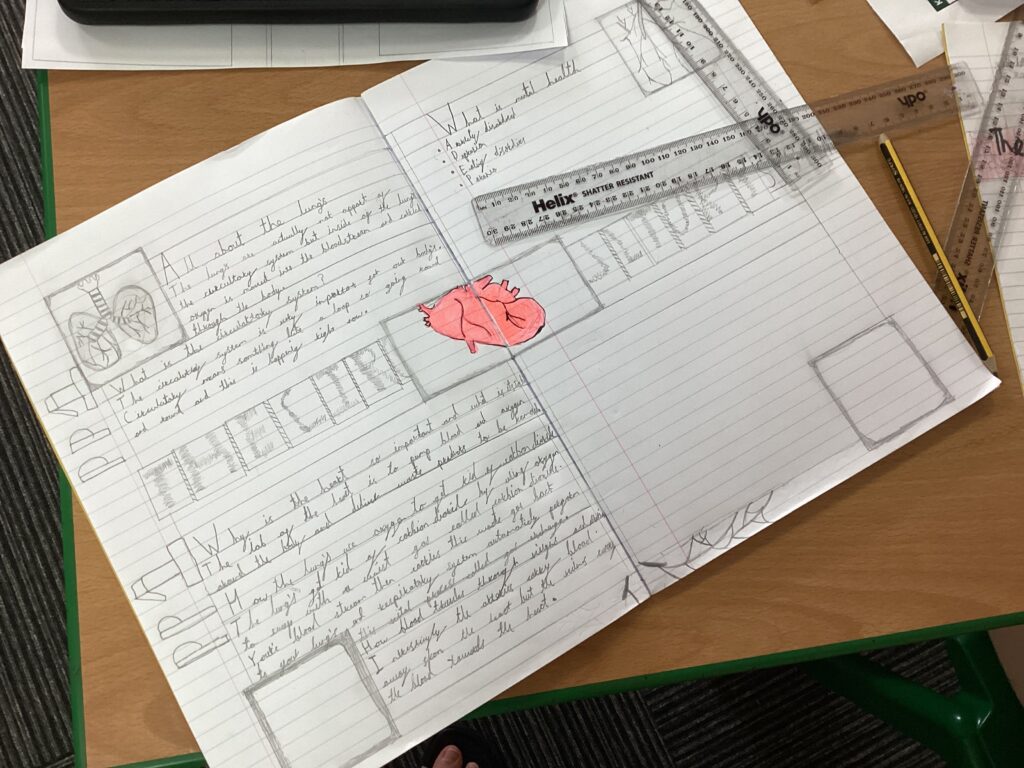
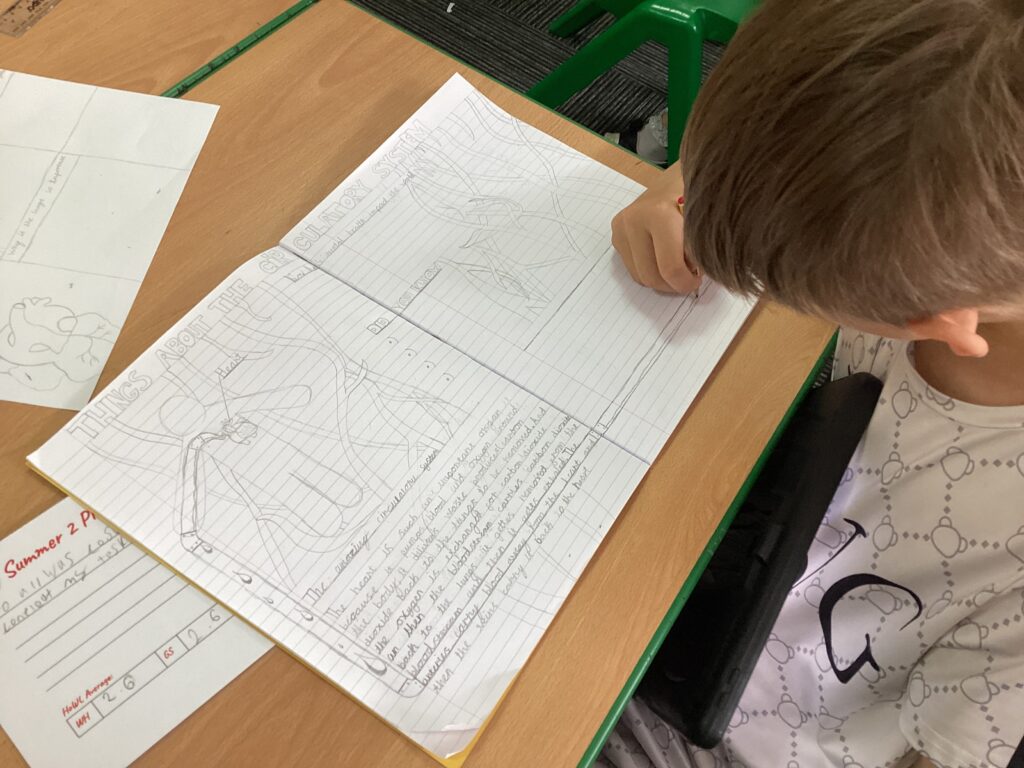
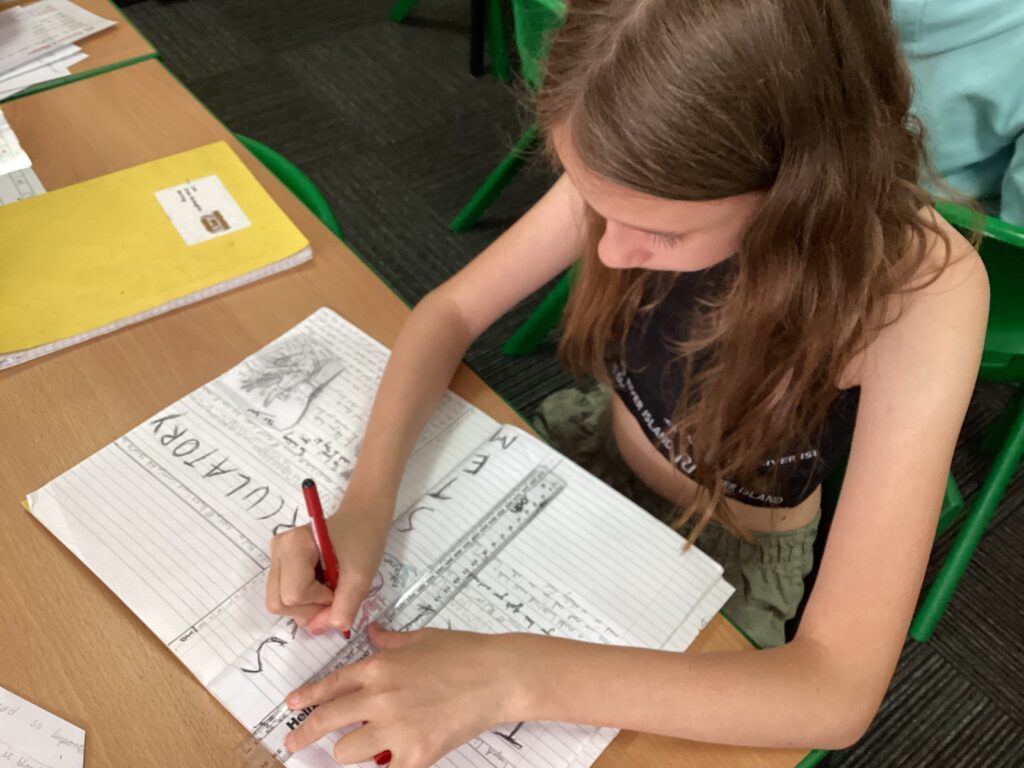
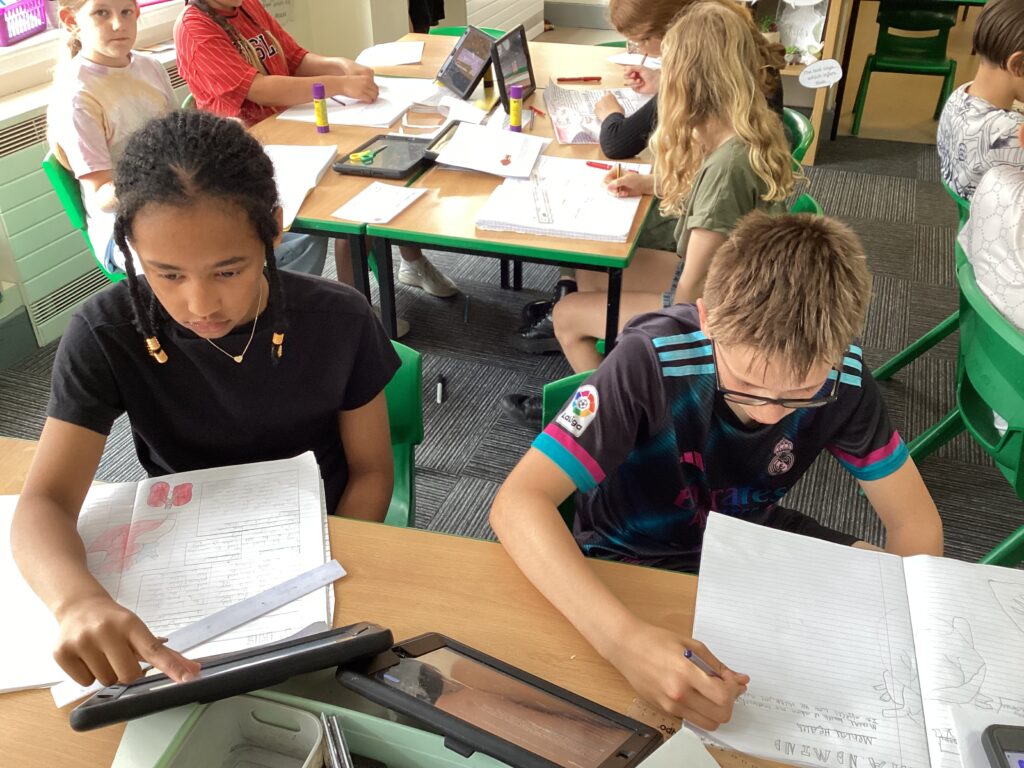
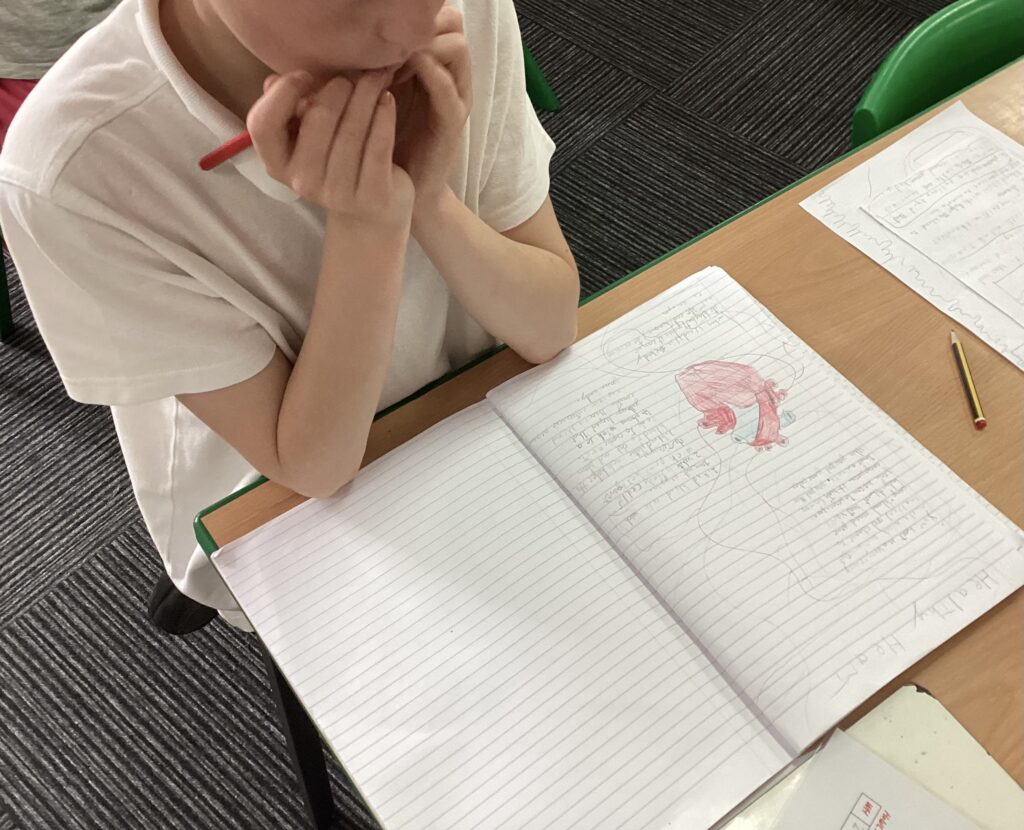
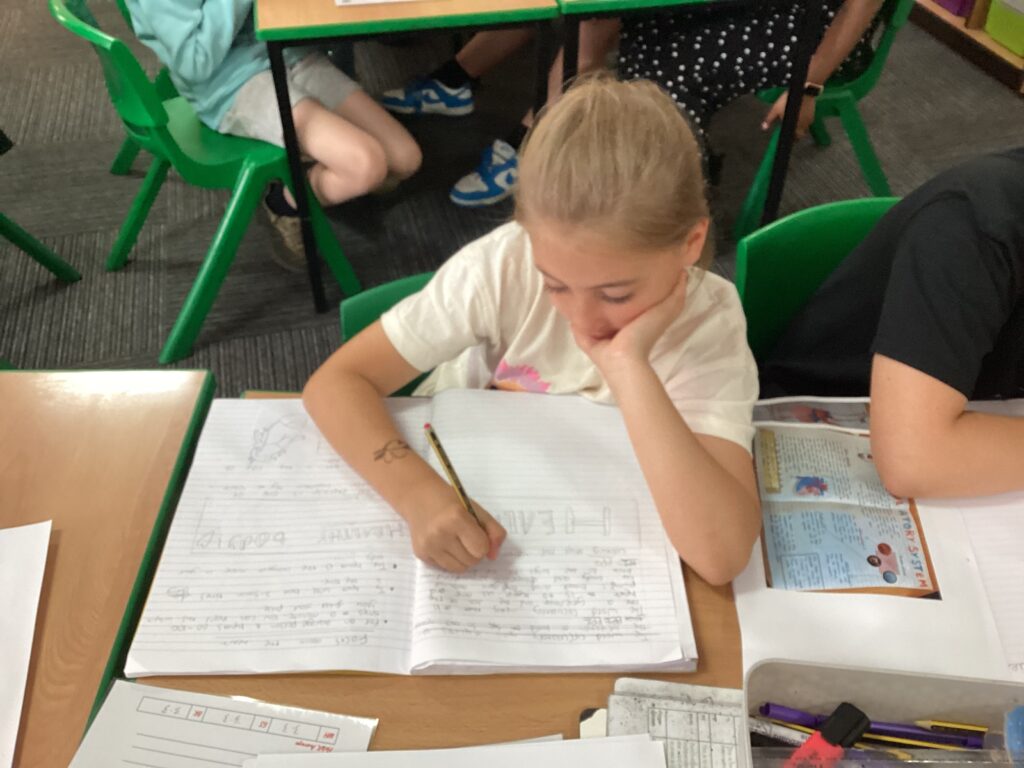
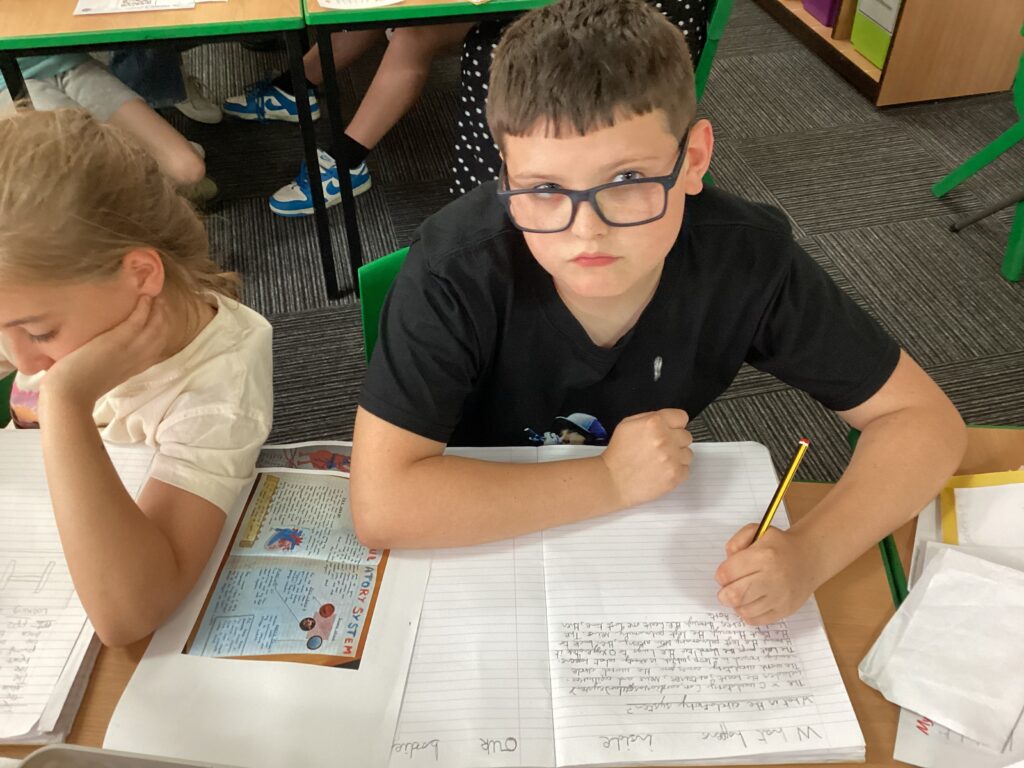
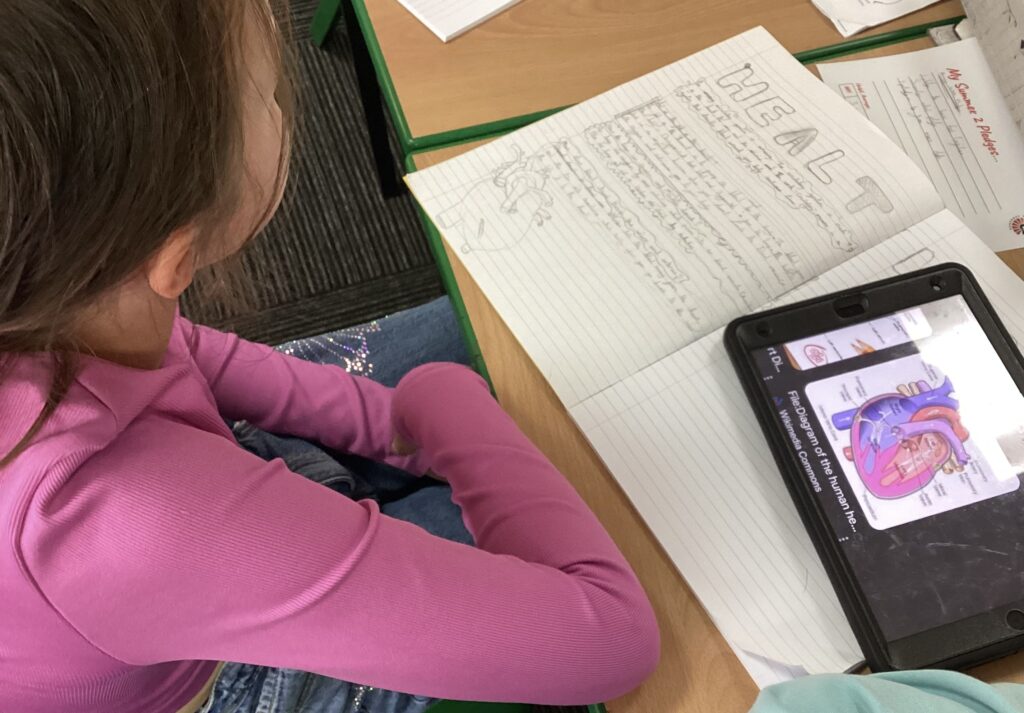
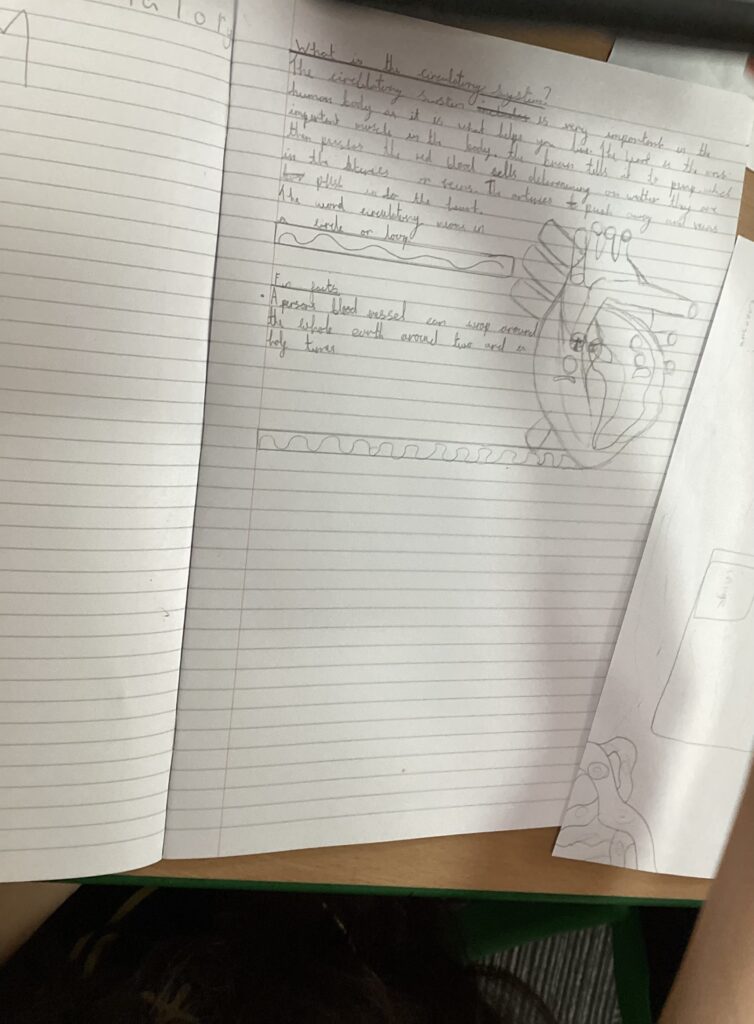
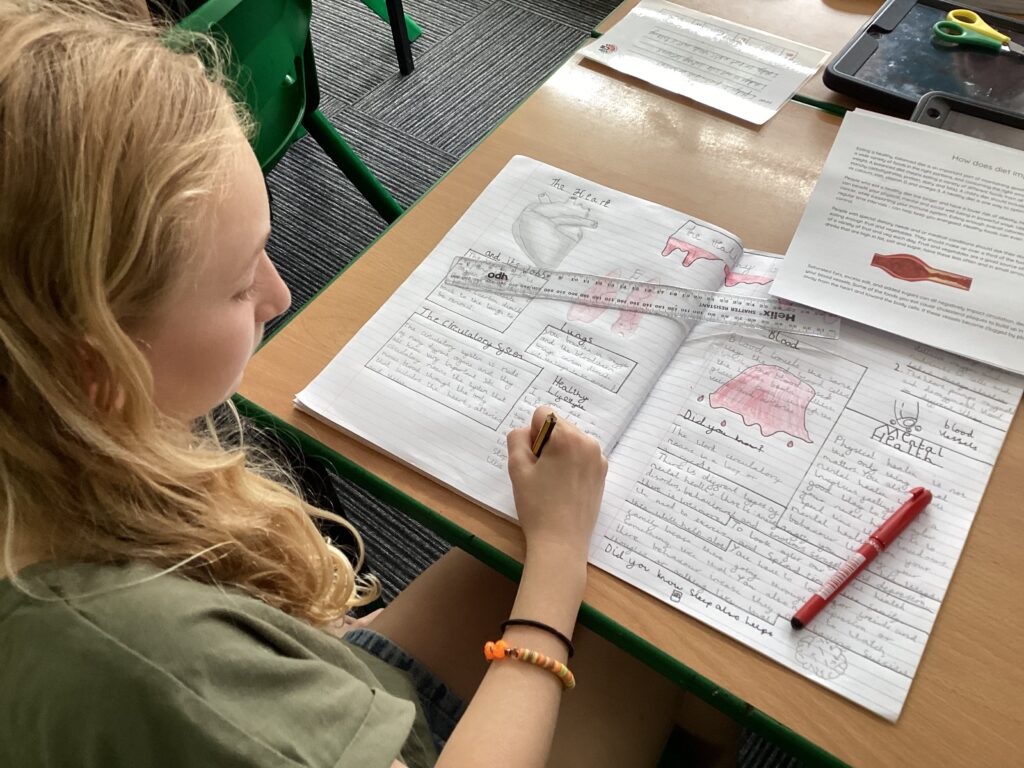
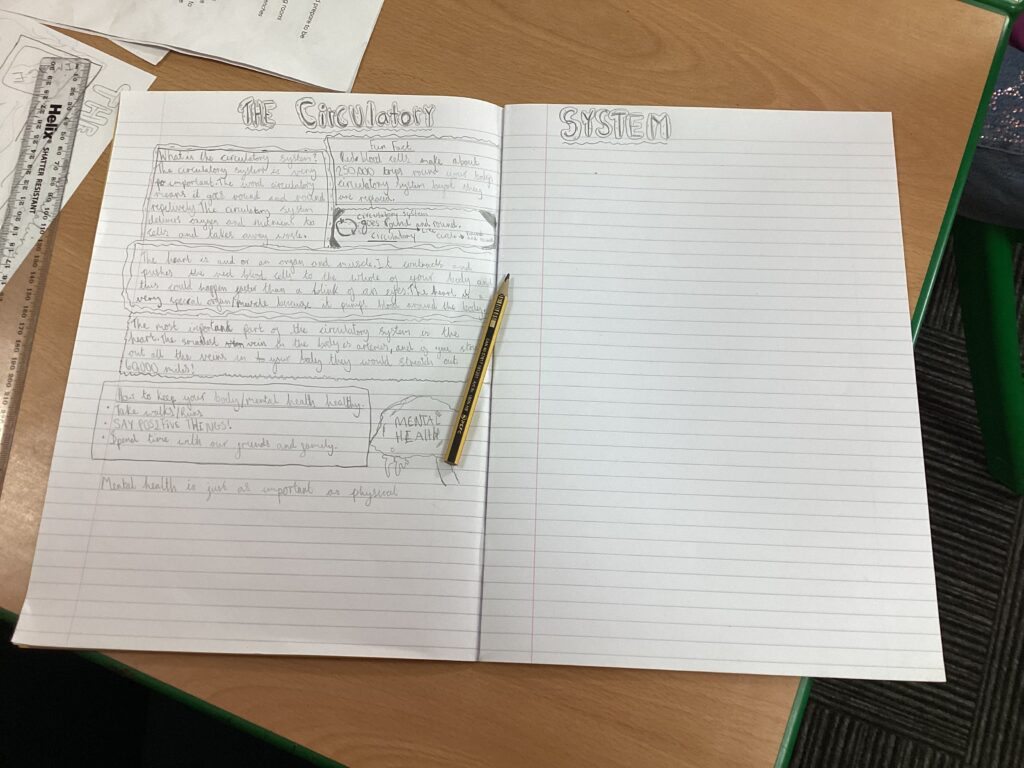
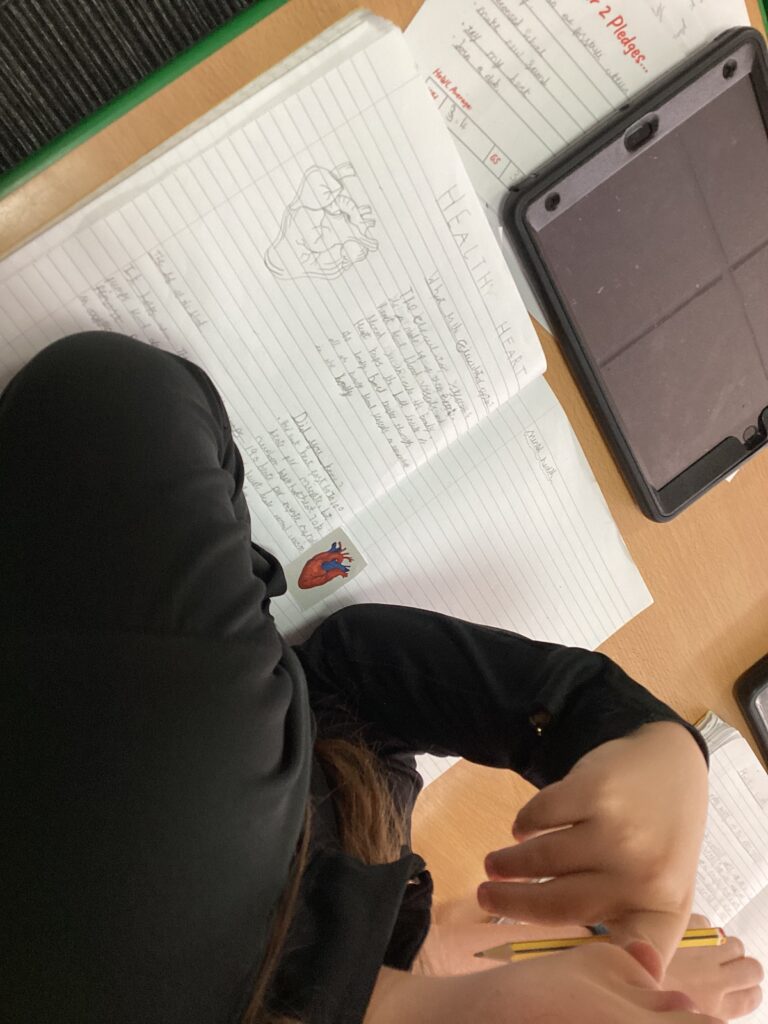
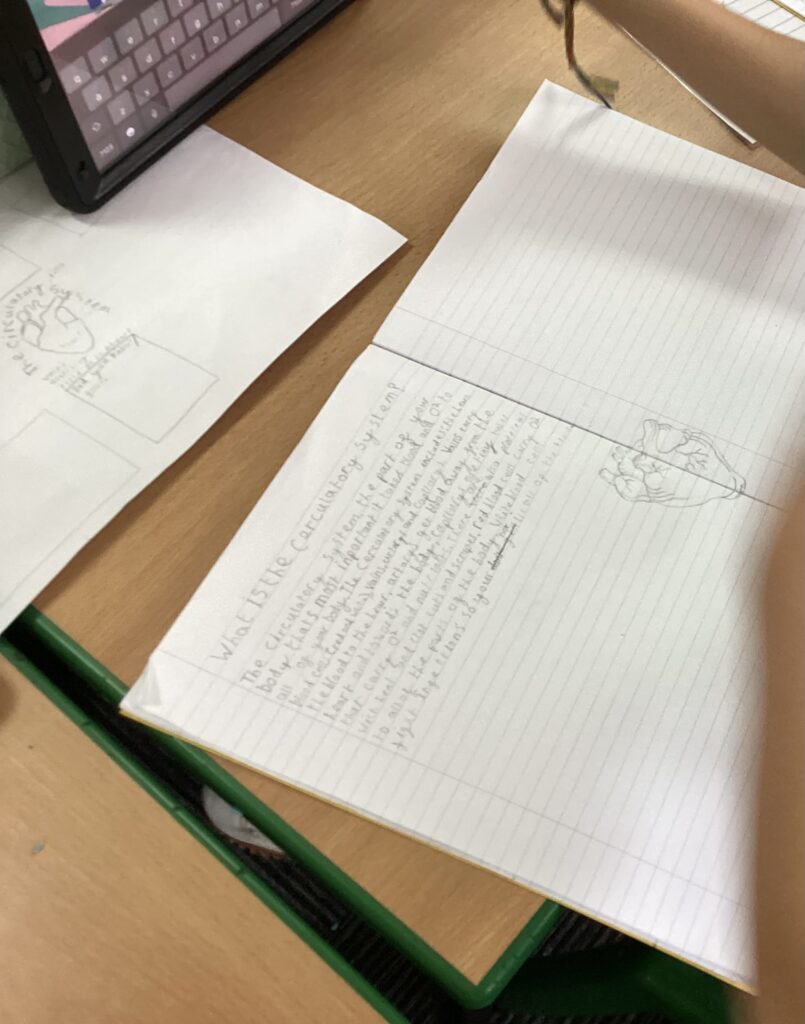
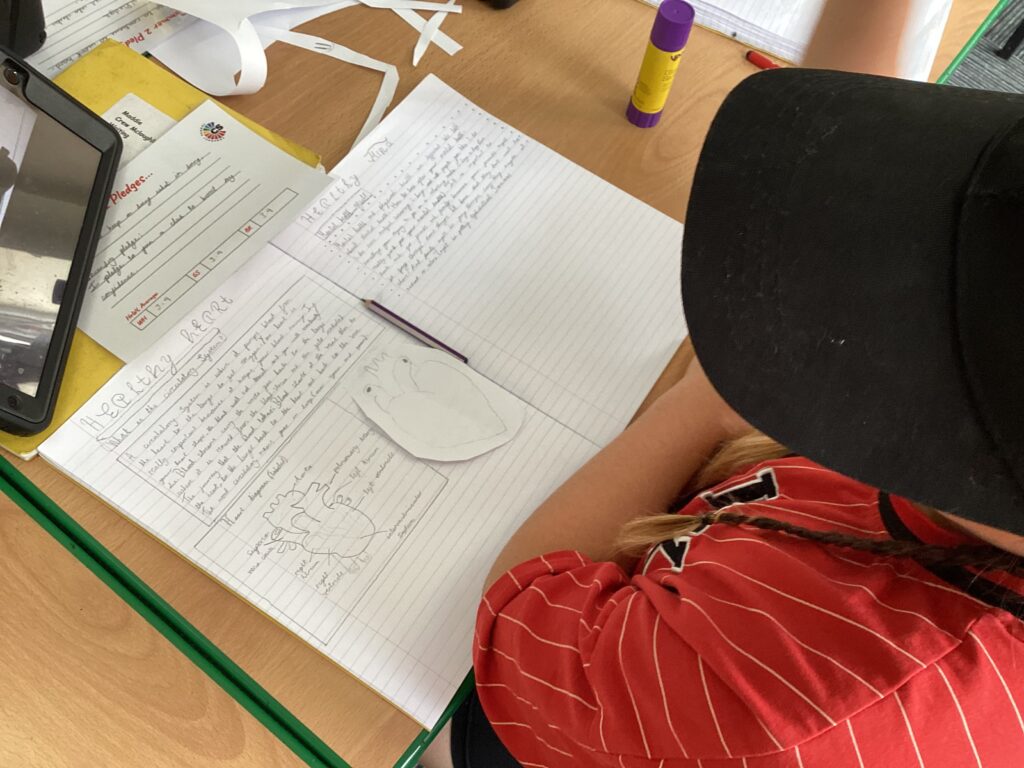
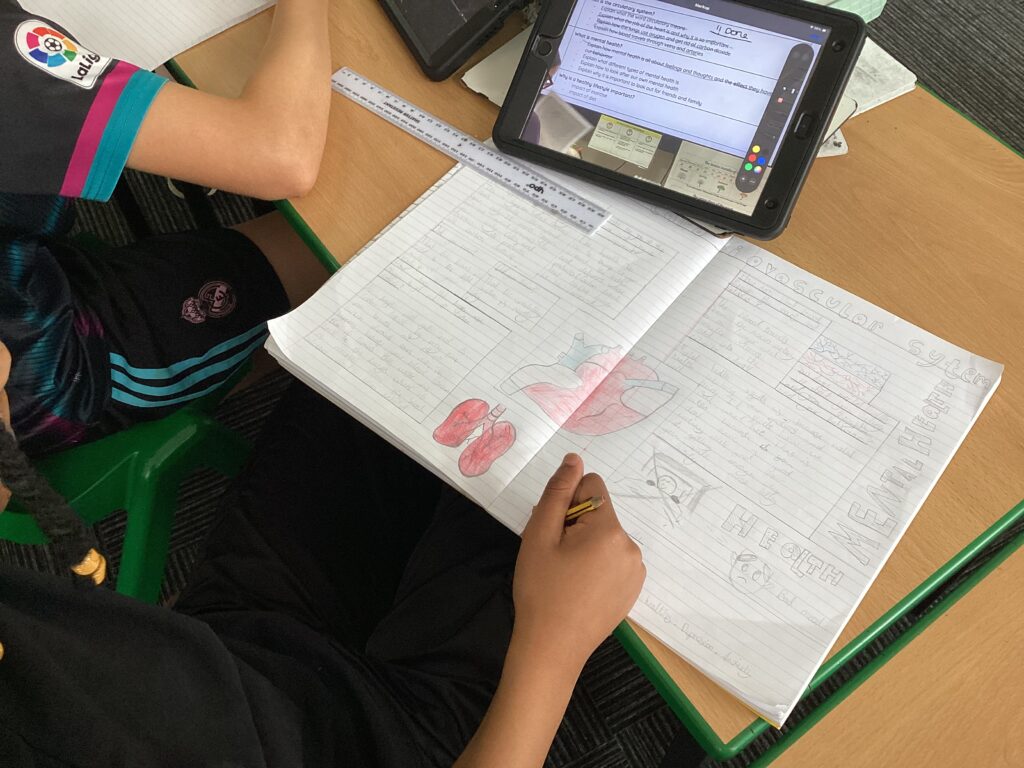
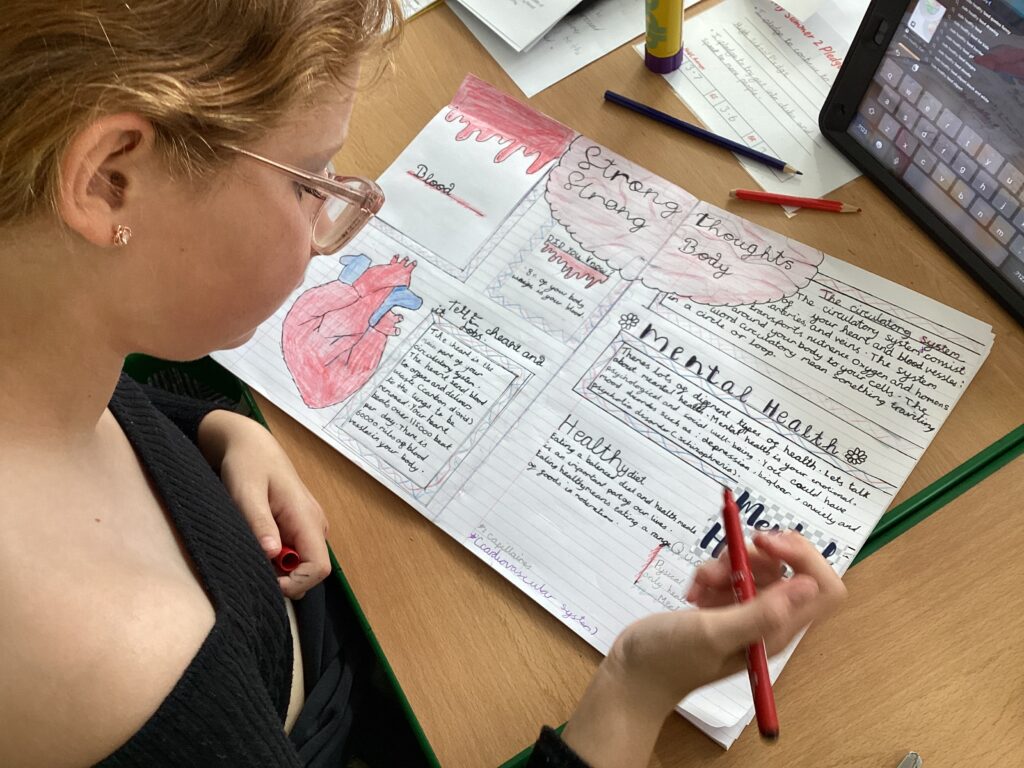
Here is a video snippet of last week’s adventure! Scan the QR code to check it out!

In Y6 our text this half term in One Thousand and One Arabian Nights. We have thoroughly enjoyed reading this text so far and are invested in the story plot.
In our recent demonstration comprehension lesson, we thought back to what we read last lesson using connections or what we’ve already read, explained why we thought that. Before we started reading today we went back to our own targets when reading aloud. We recapped that fluency is the ability to read, write or speak at a comfortable pace without undue hesitation which could impact on meaning or understanding. We explained why punctuation is important – builds fluency with appropriate pauses and breaths – if you stop in the right places, the text makes more sense. Also, Intonation is the rising a lowering of our pitch. It helps us not to sound like a robot and can support meaning. For example, our voices should raise when we are asking a question – it’s how we can identify questions without question marks when we talk to other people. it’s important to learn what it is and how to use it properly to help our reading and comprehension. If we don’t know how to pronounce a word, we can check if it’s a proper noun (do we need to pronounce it correctly?), segment and blend the sounds (does it follow a spelling rule), try to recognise any prefixes/suffixes/root words that we recognise how to pronounce or simply ask a buddy. Lastly we looked at reading with expression means reading aloud with feeling.
After a good nights sleep and a hearty breakfast we had our first challenge of the day – this is one the children were looking forward to and it did not disappoint. Needless to say we were cold and wet but we had big smiles on our faces!
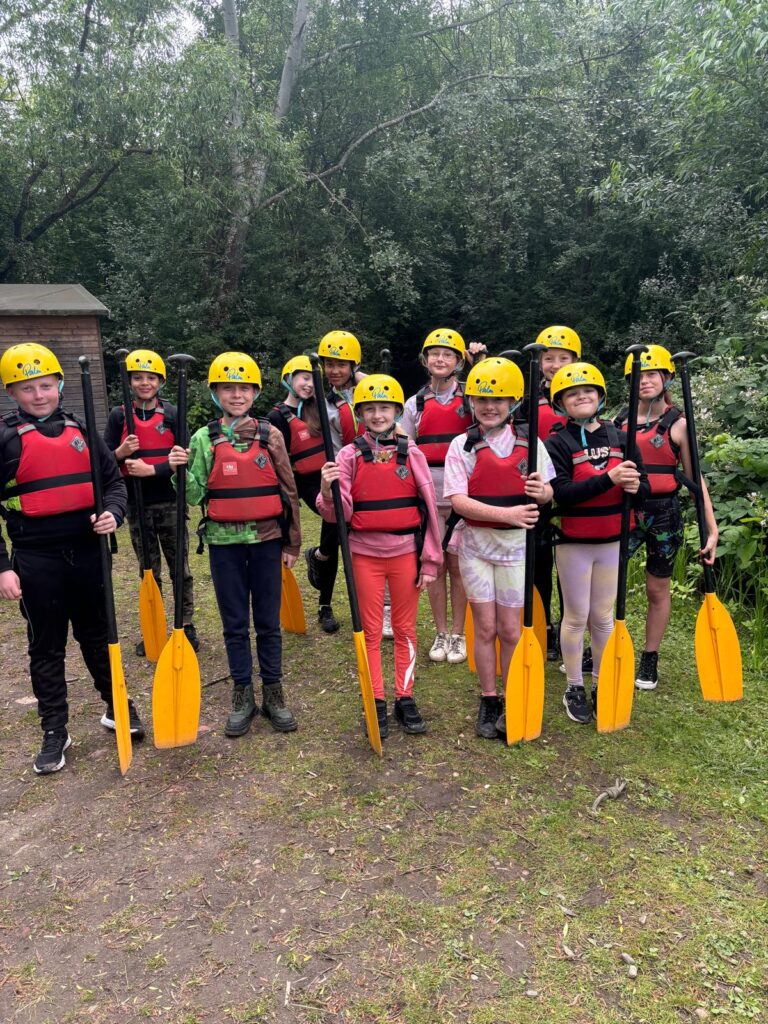
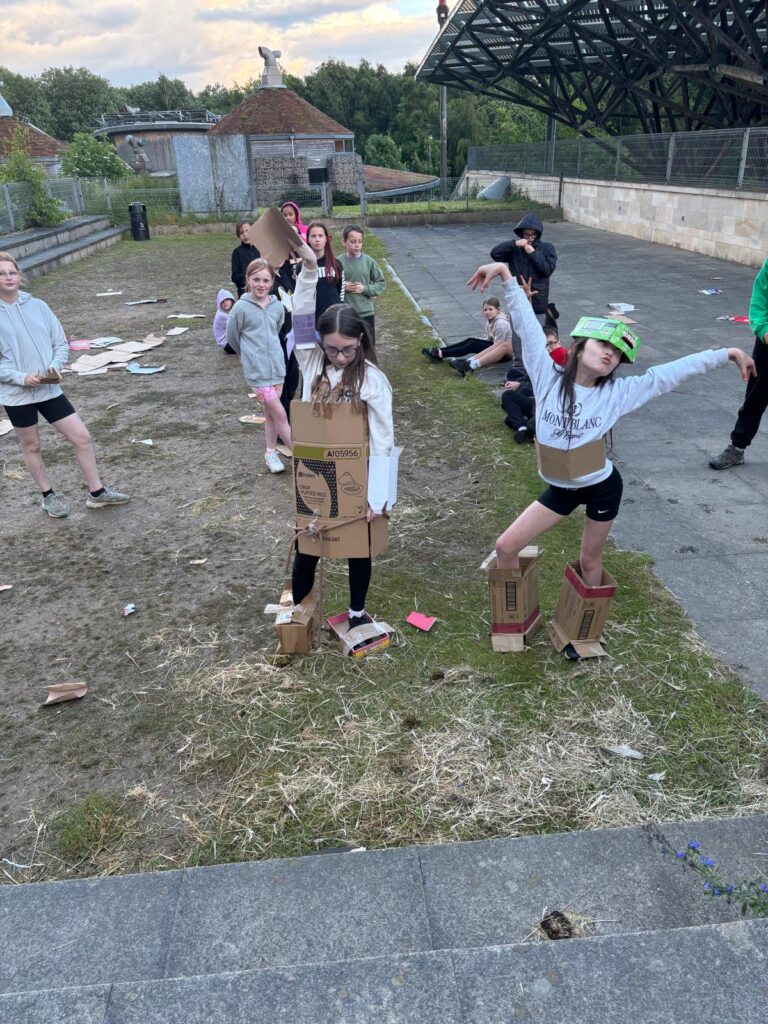
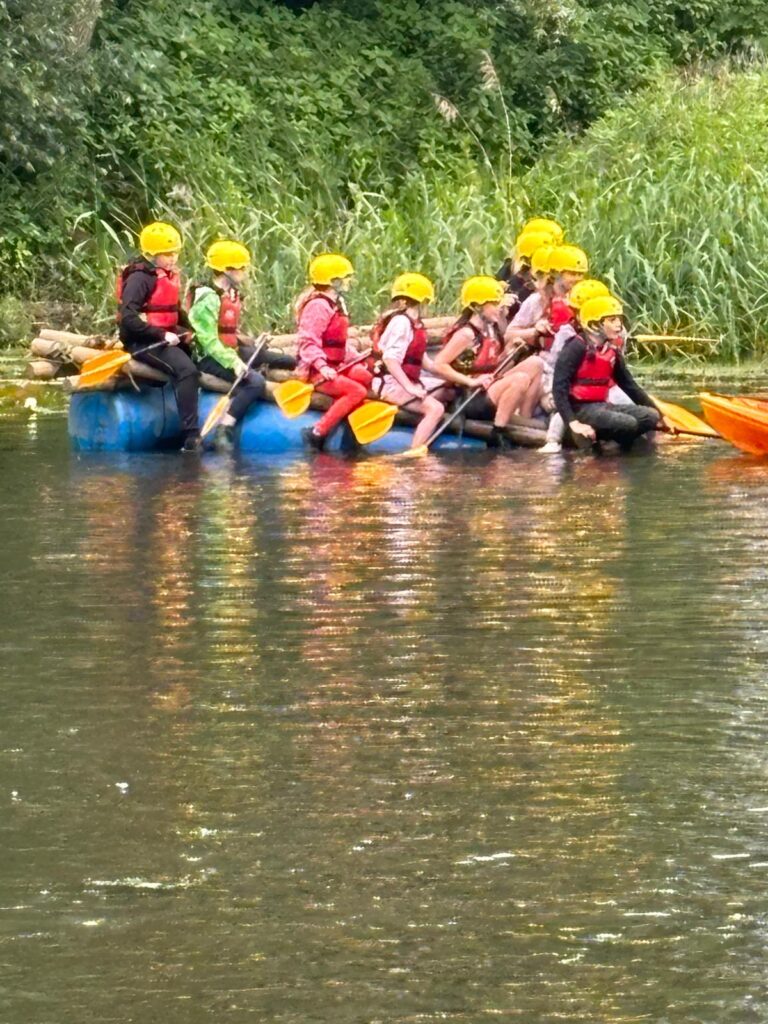
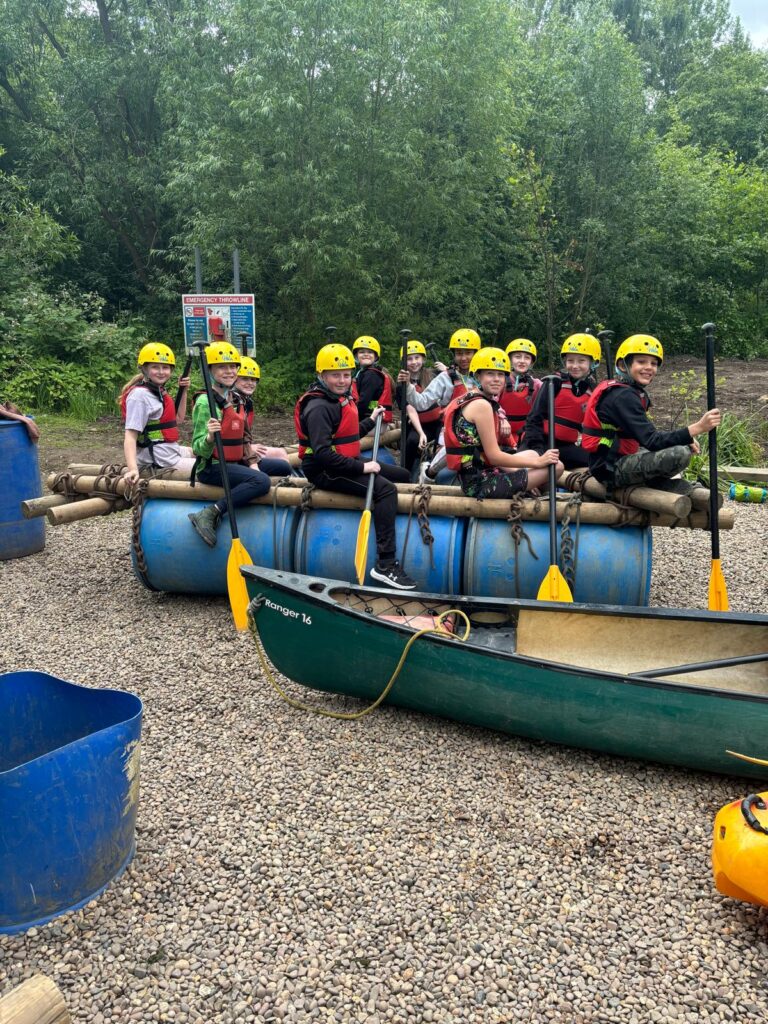
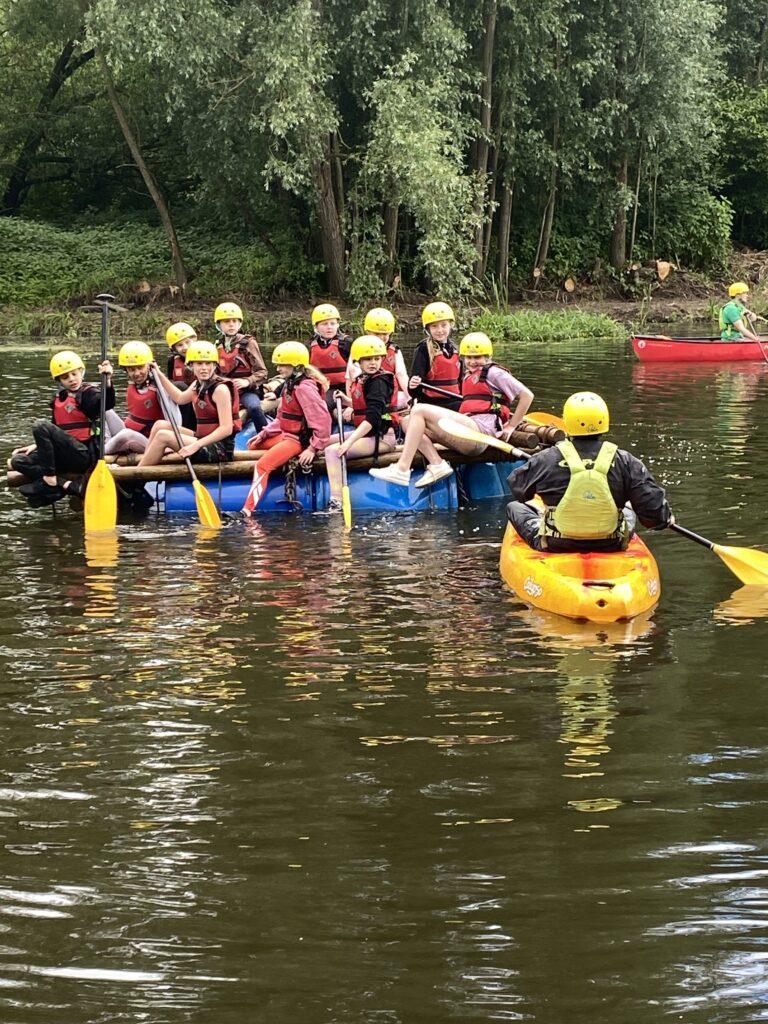
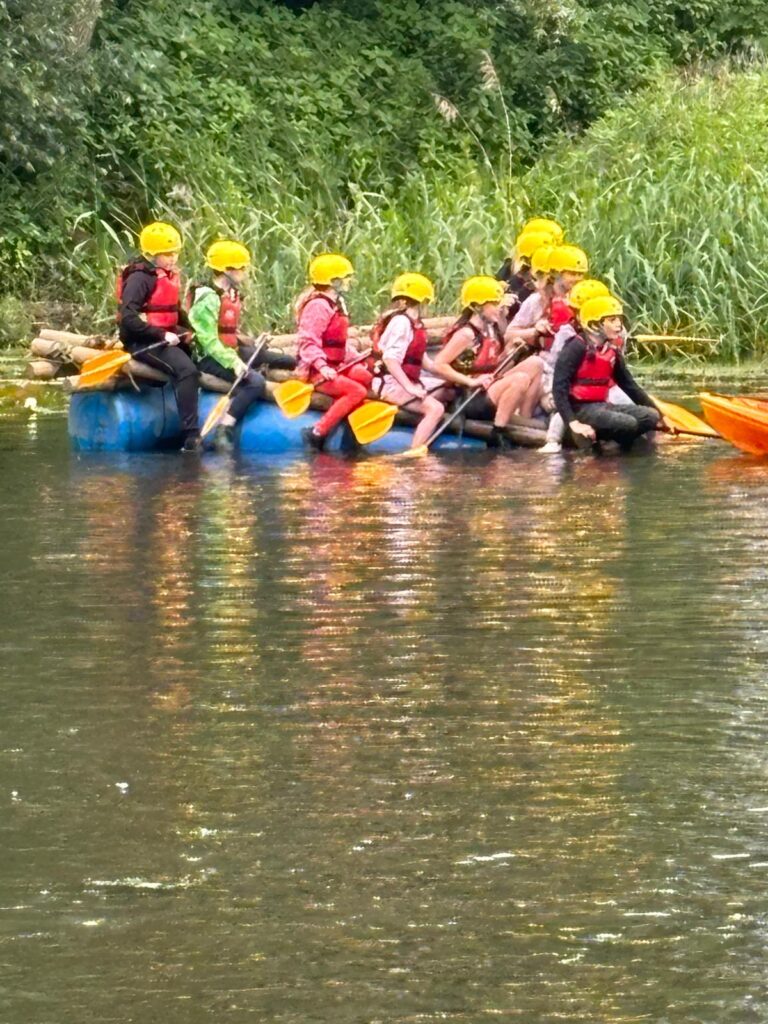
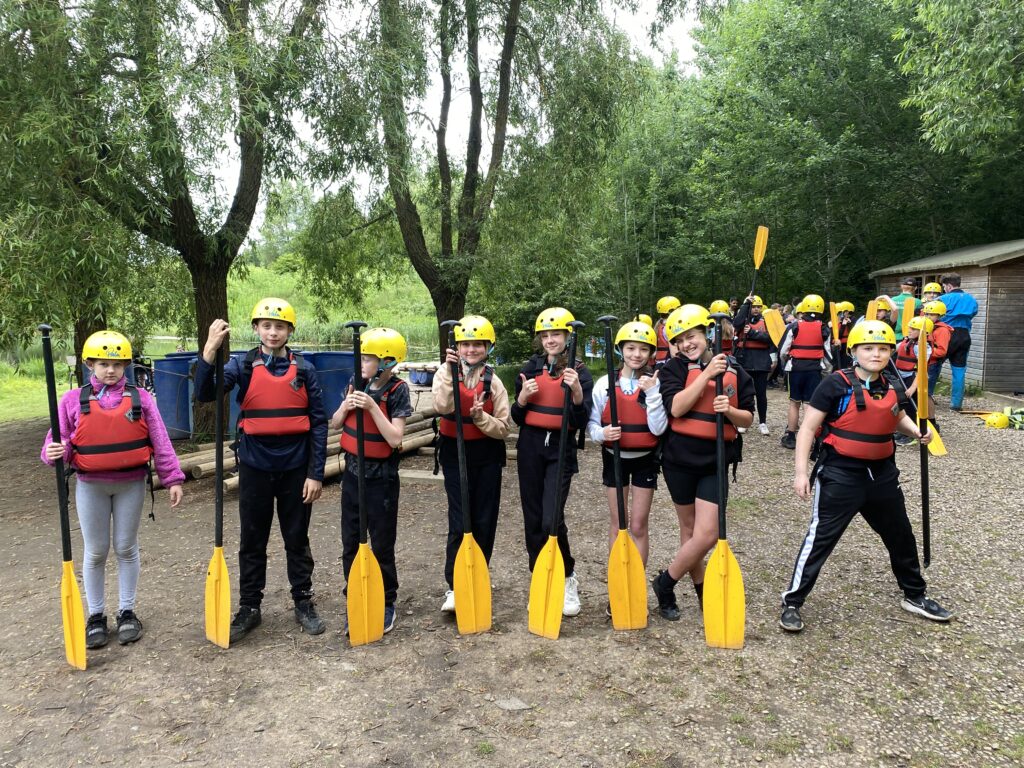
After checking into our rooms with great excitement we had our first activity – cratestack! The children thoroughly enjoyed it and we were super proud of them for going out of their comfort zones and all rose to the challenge!
